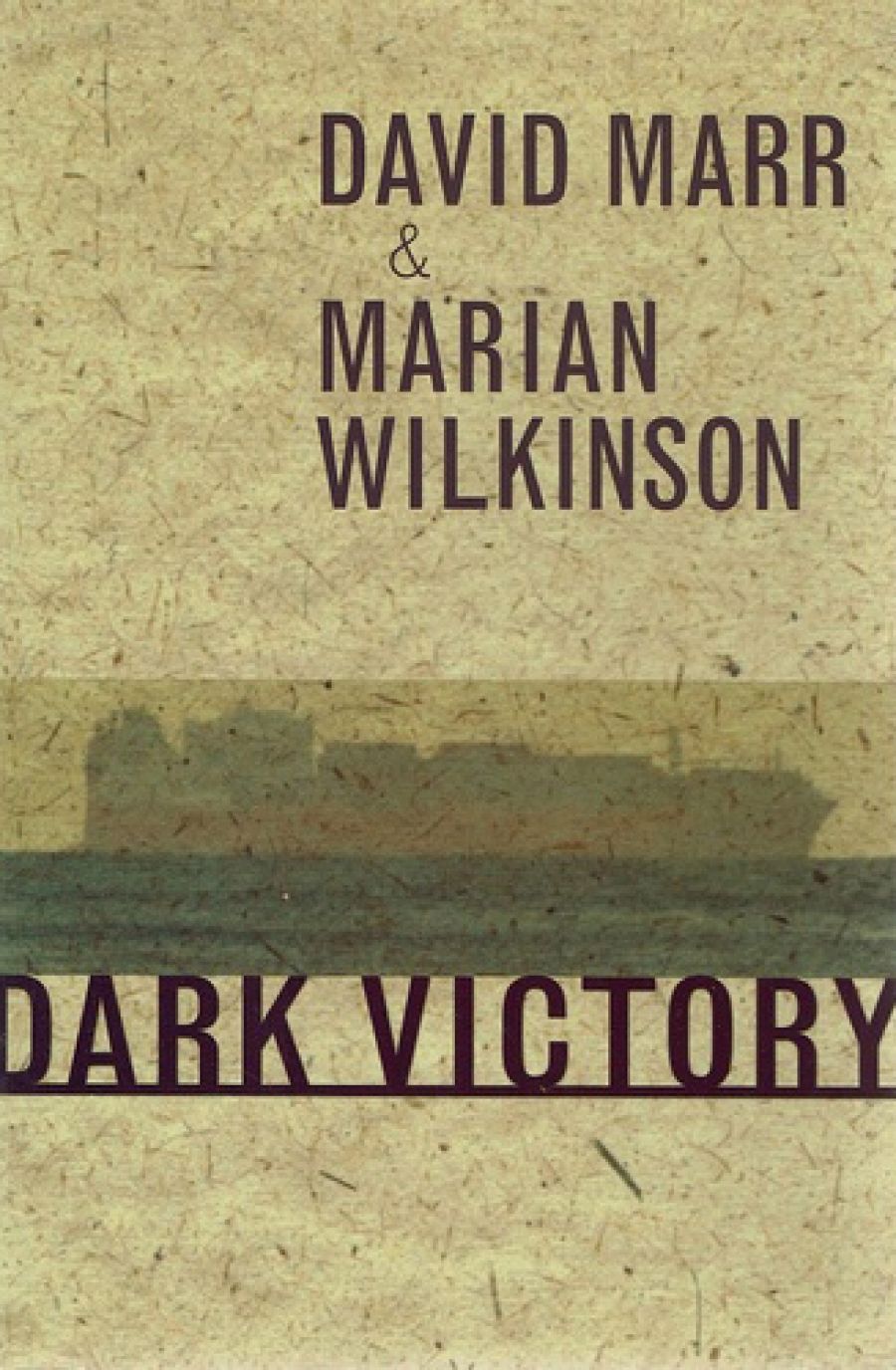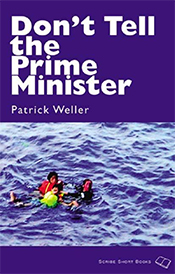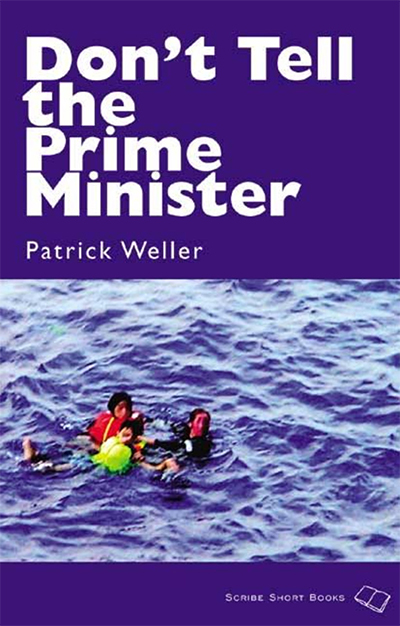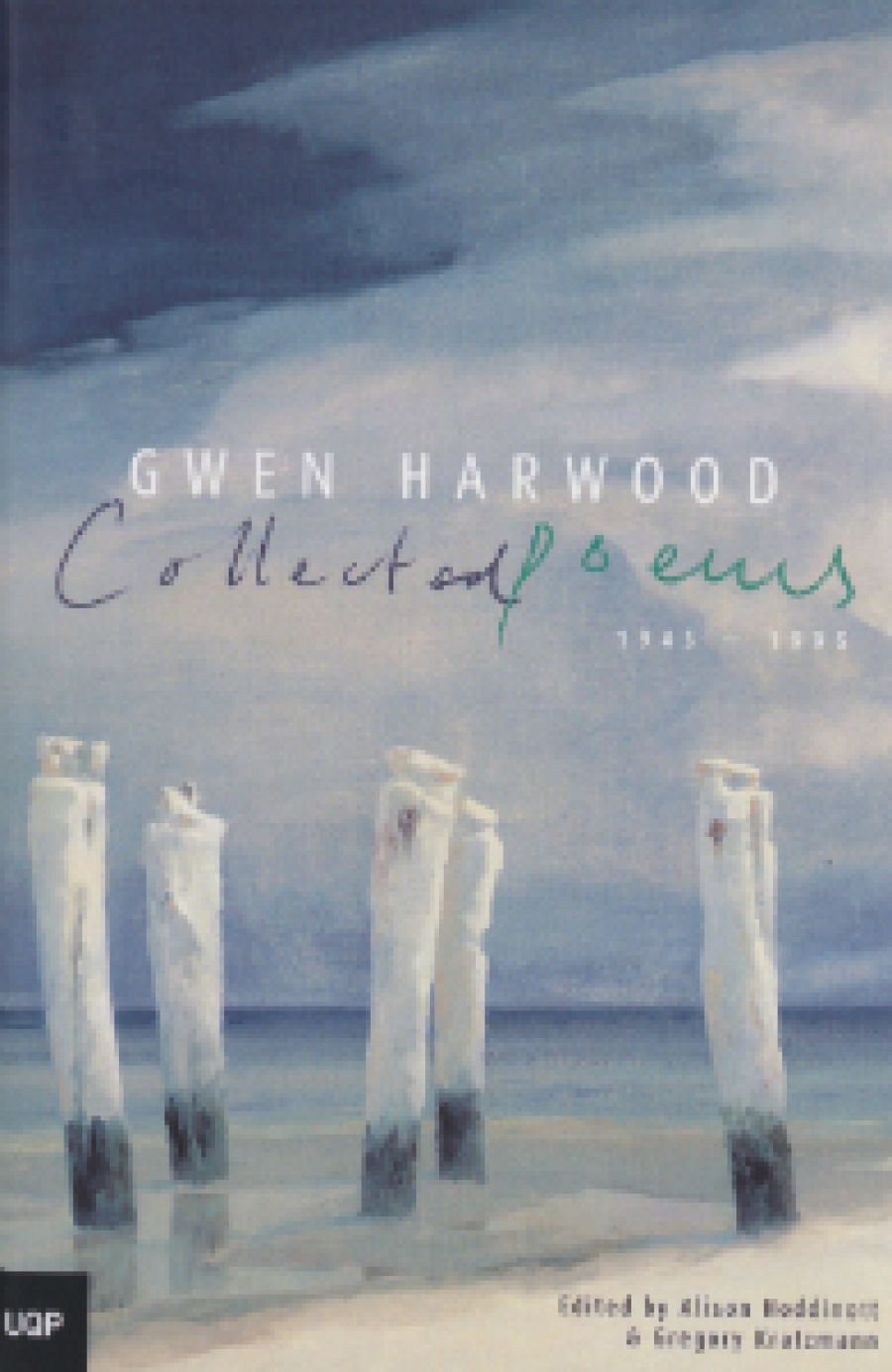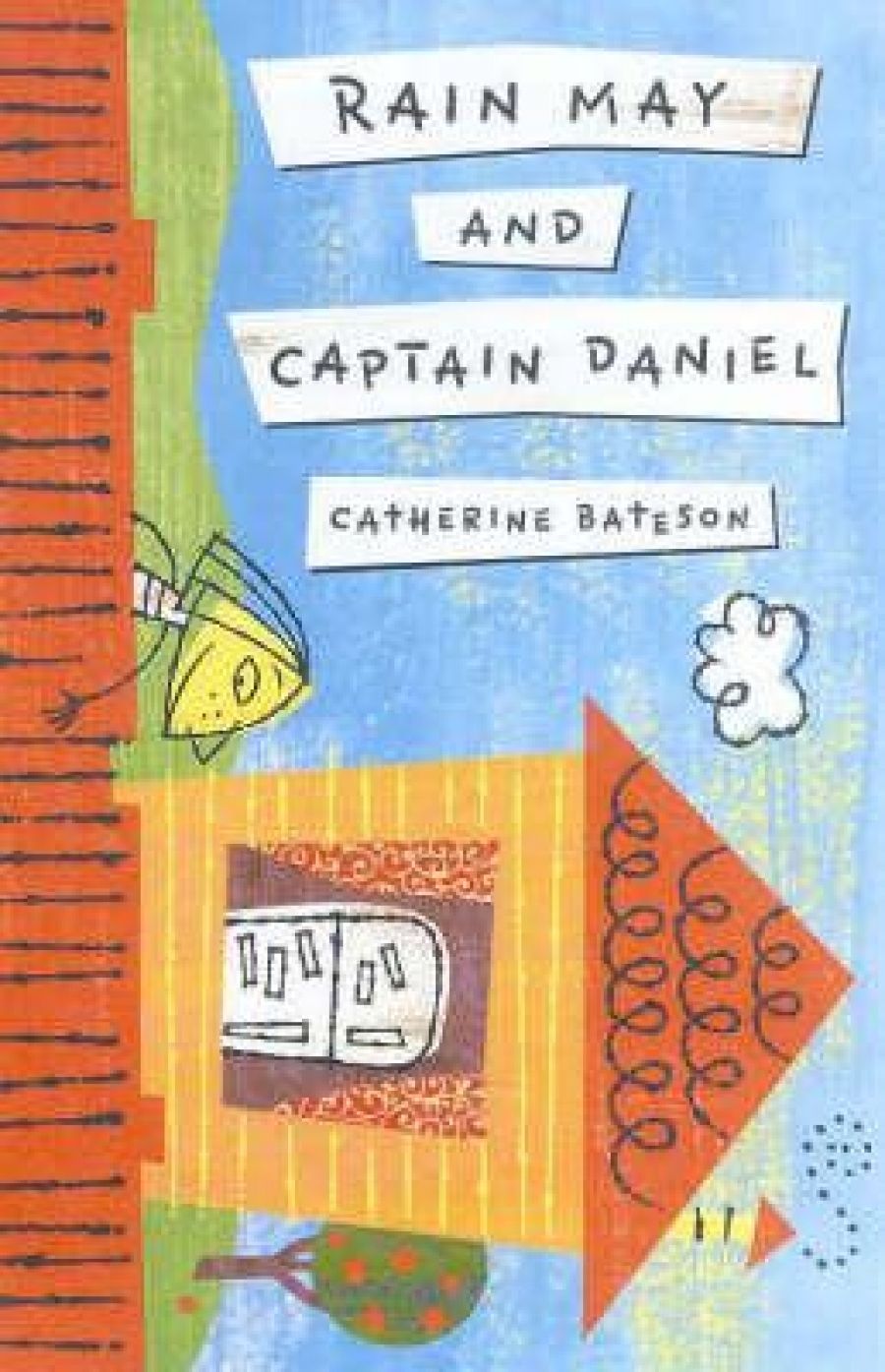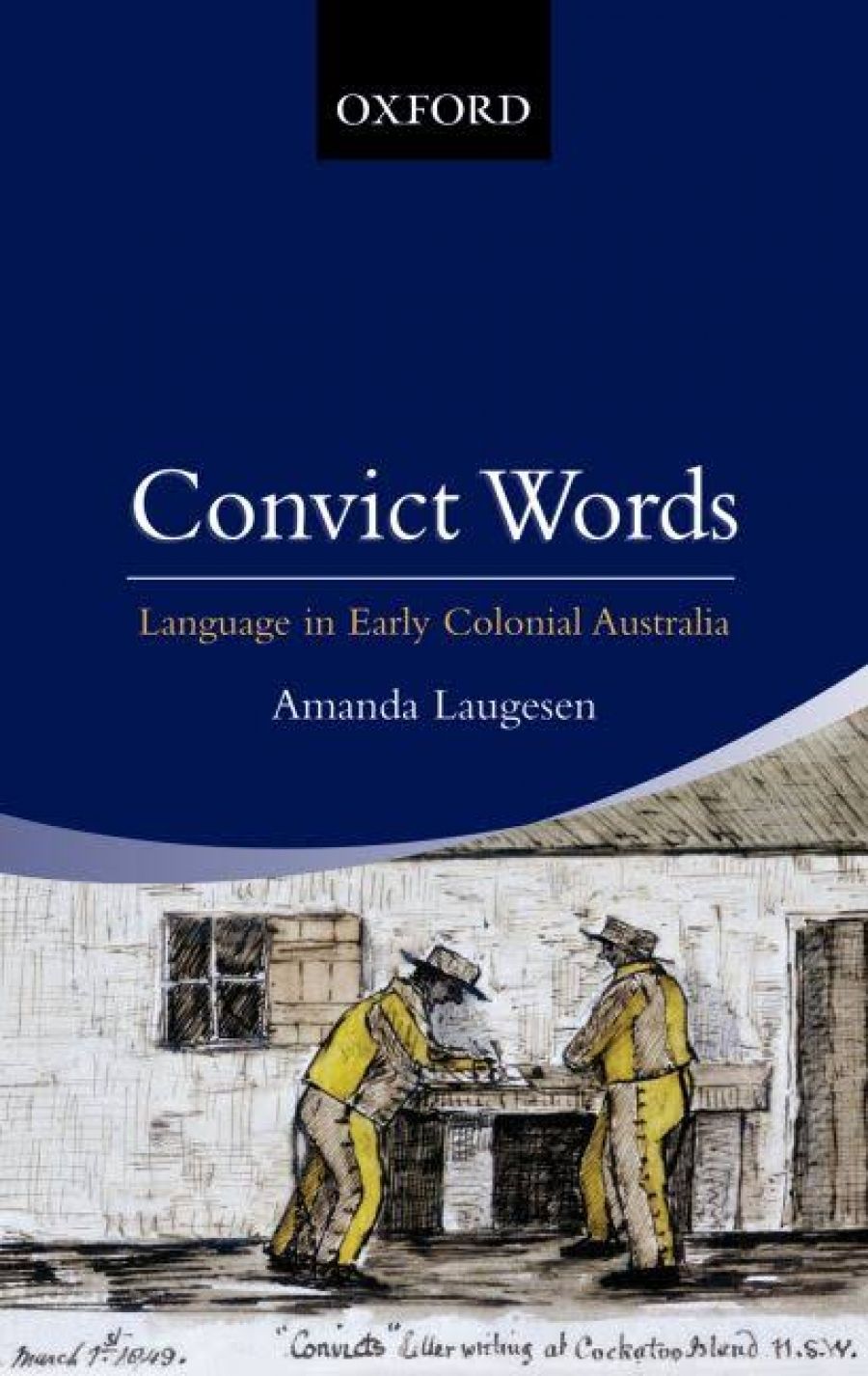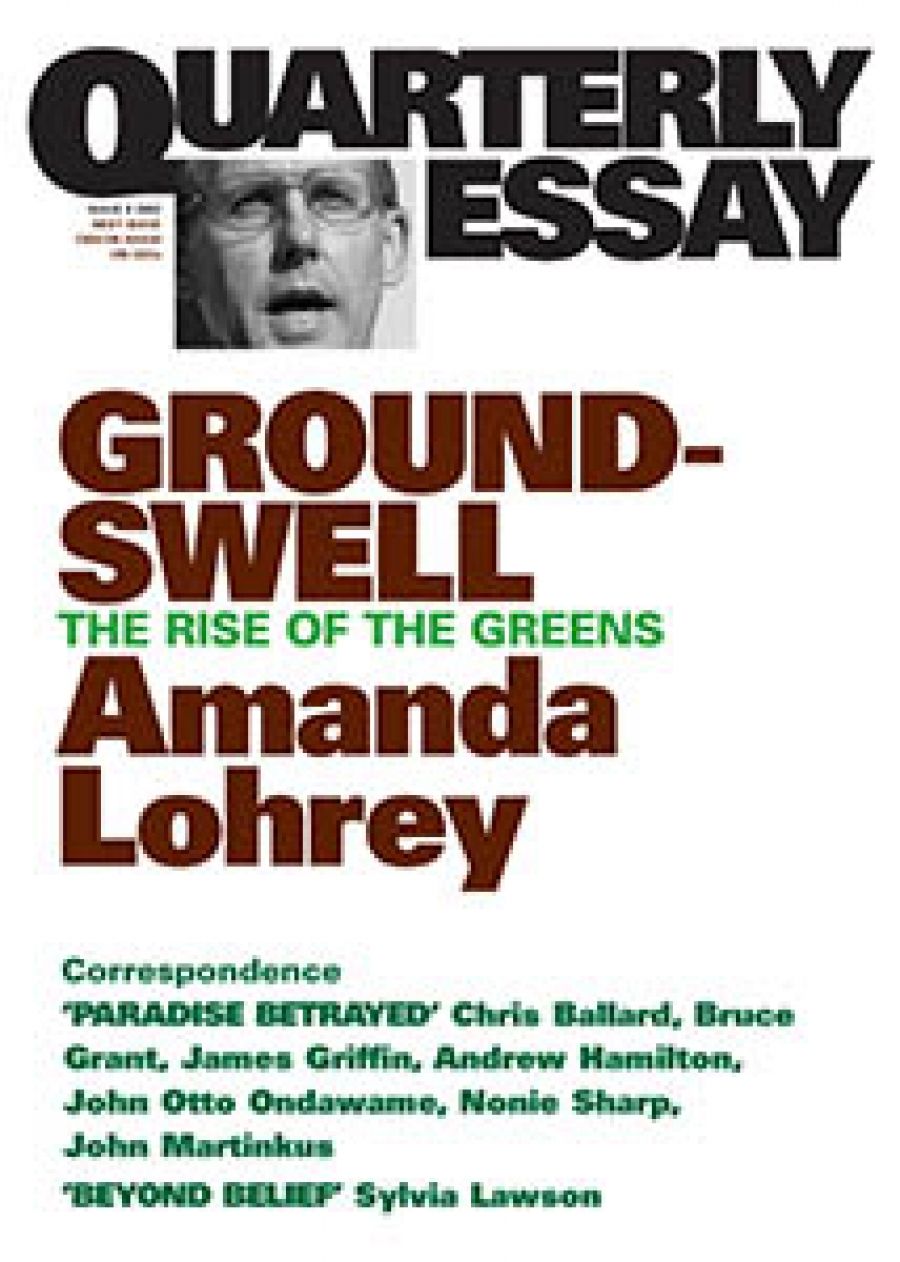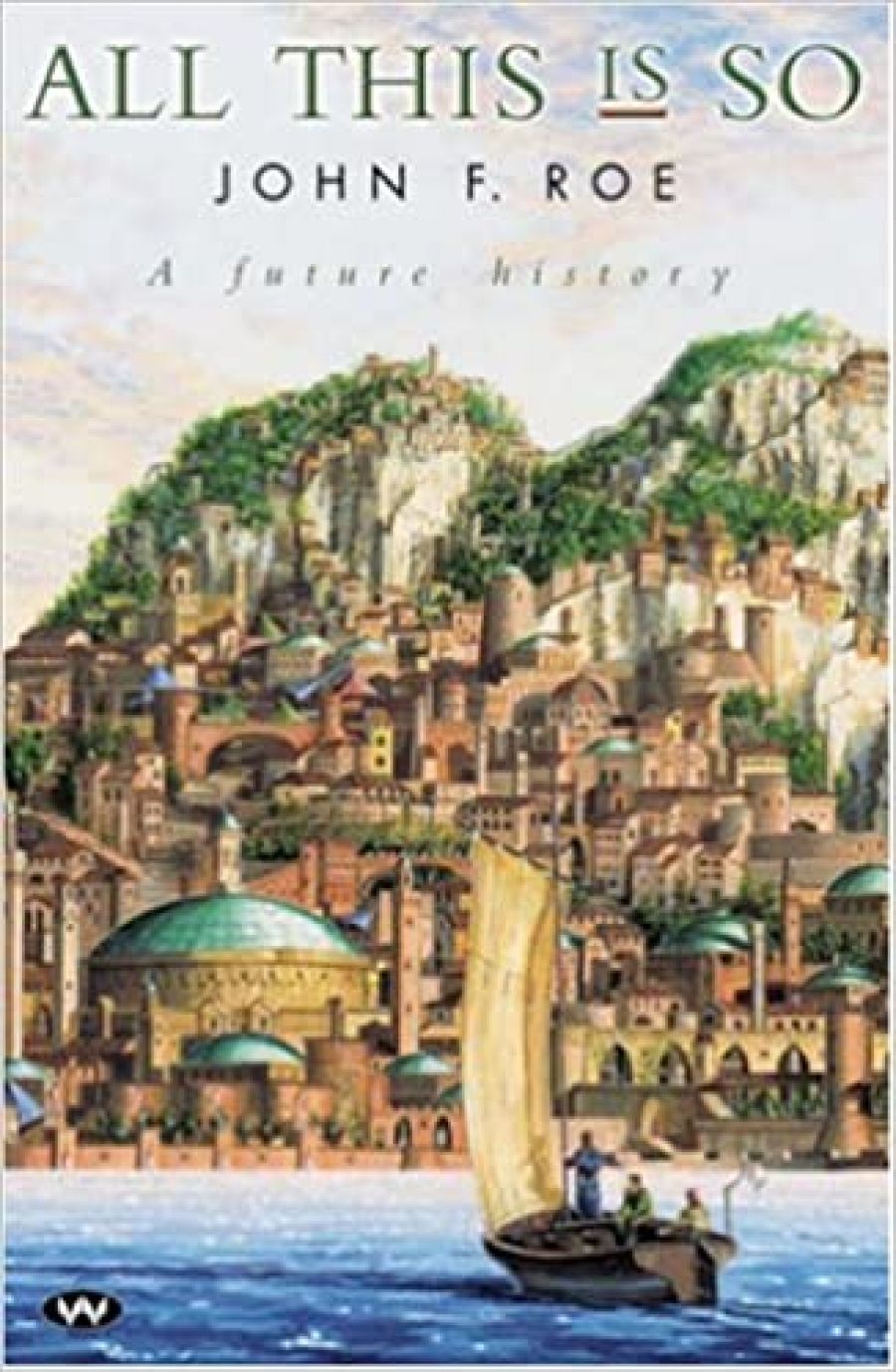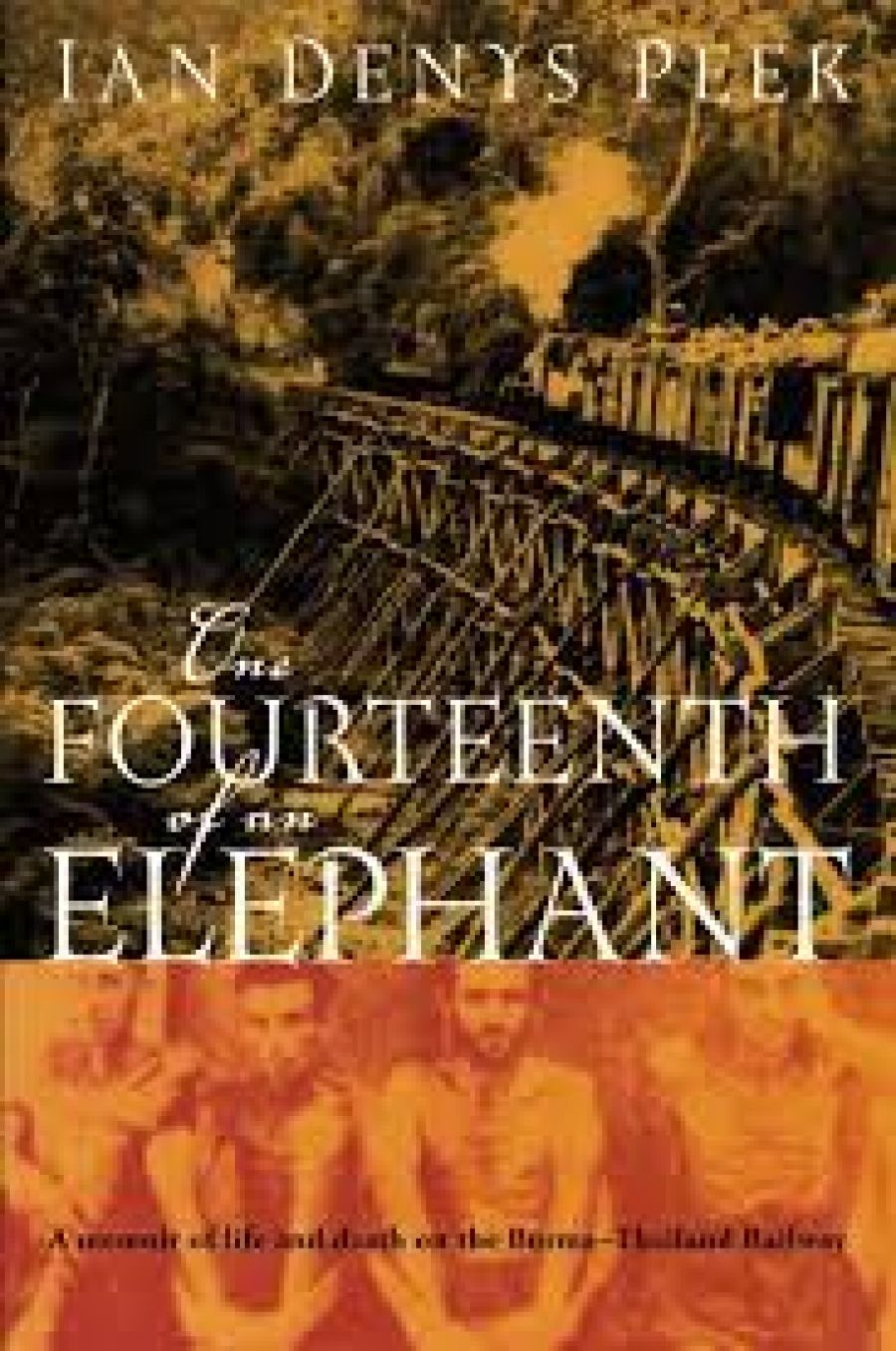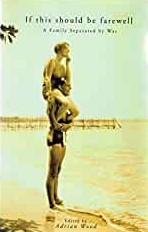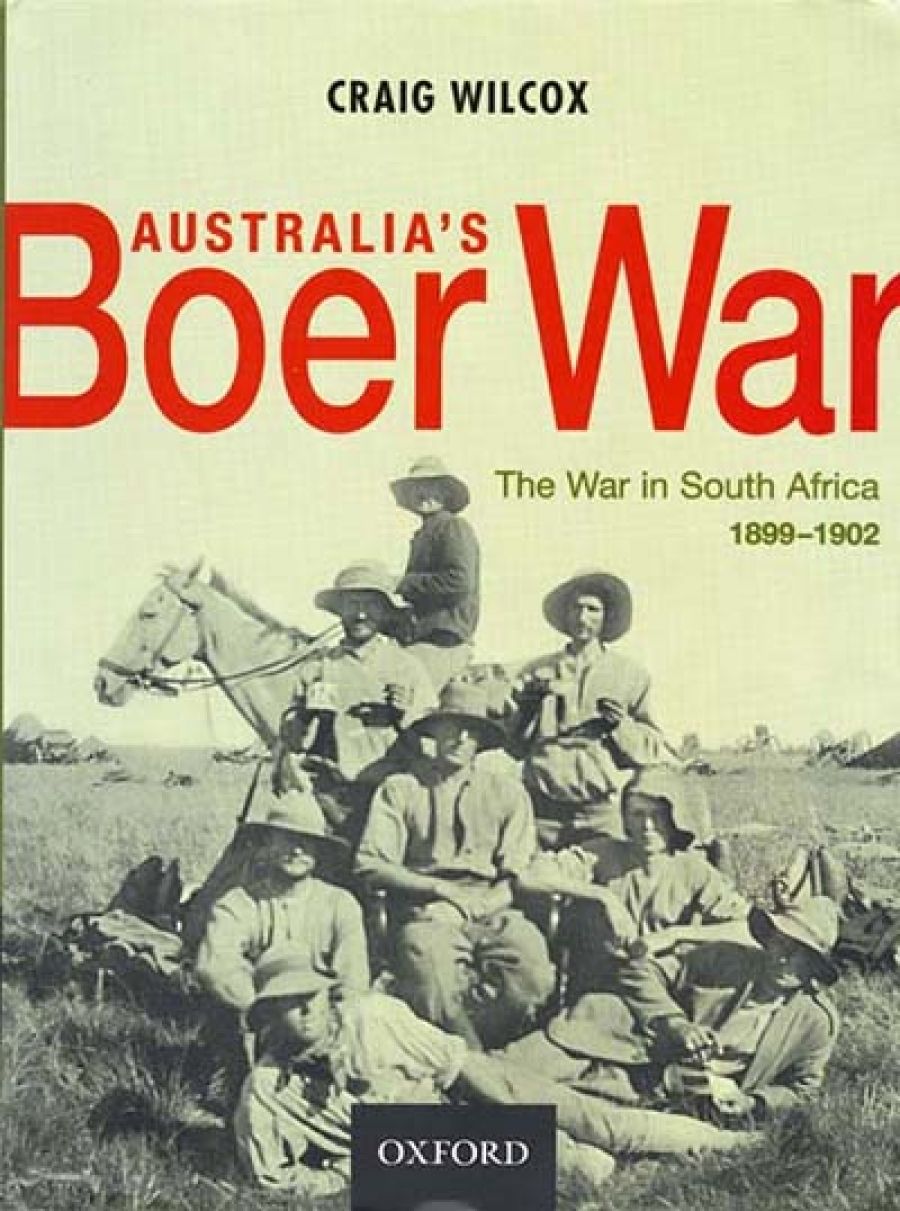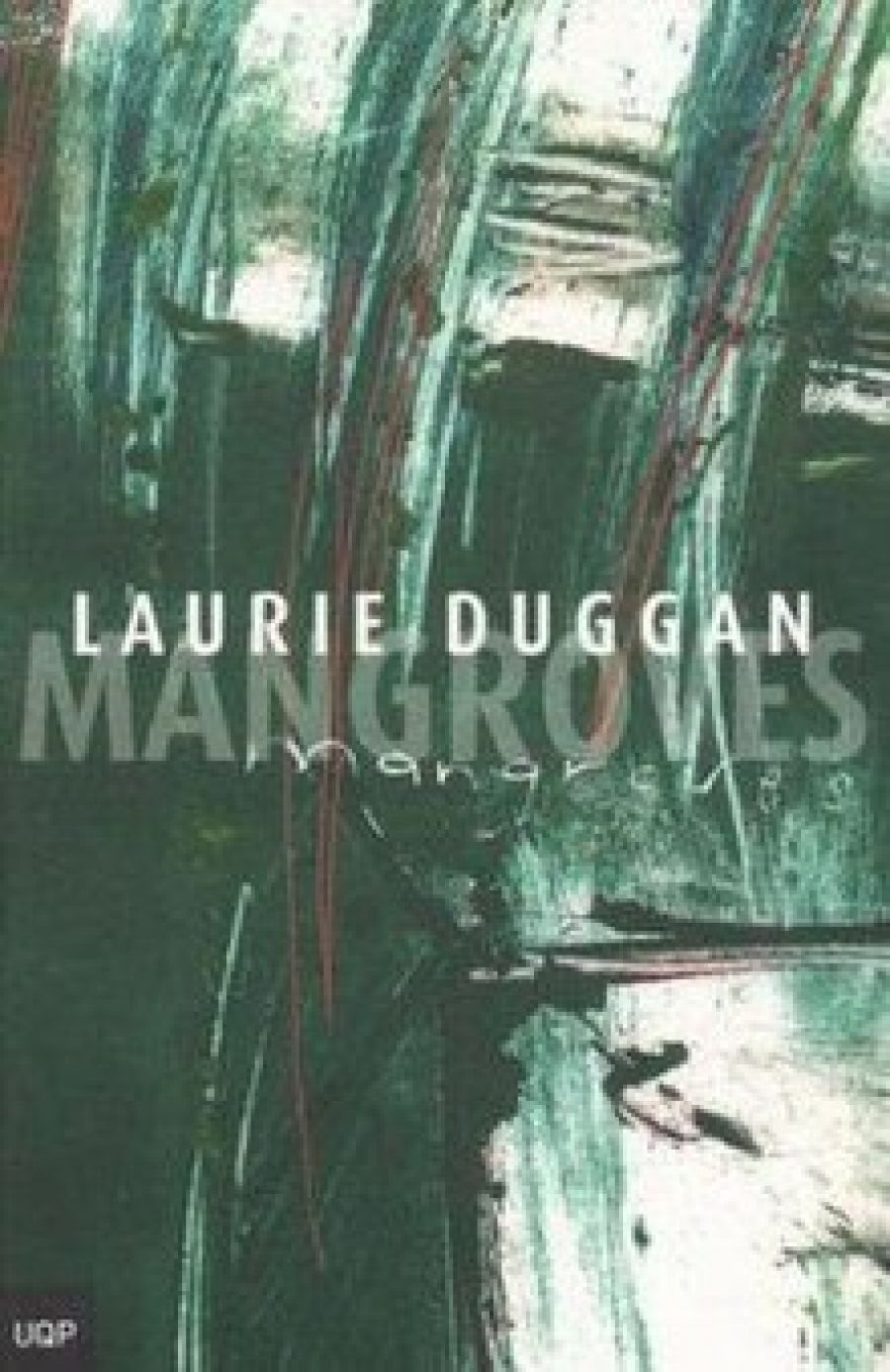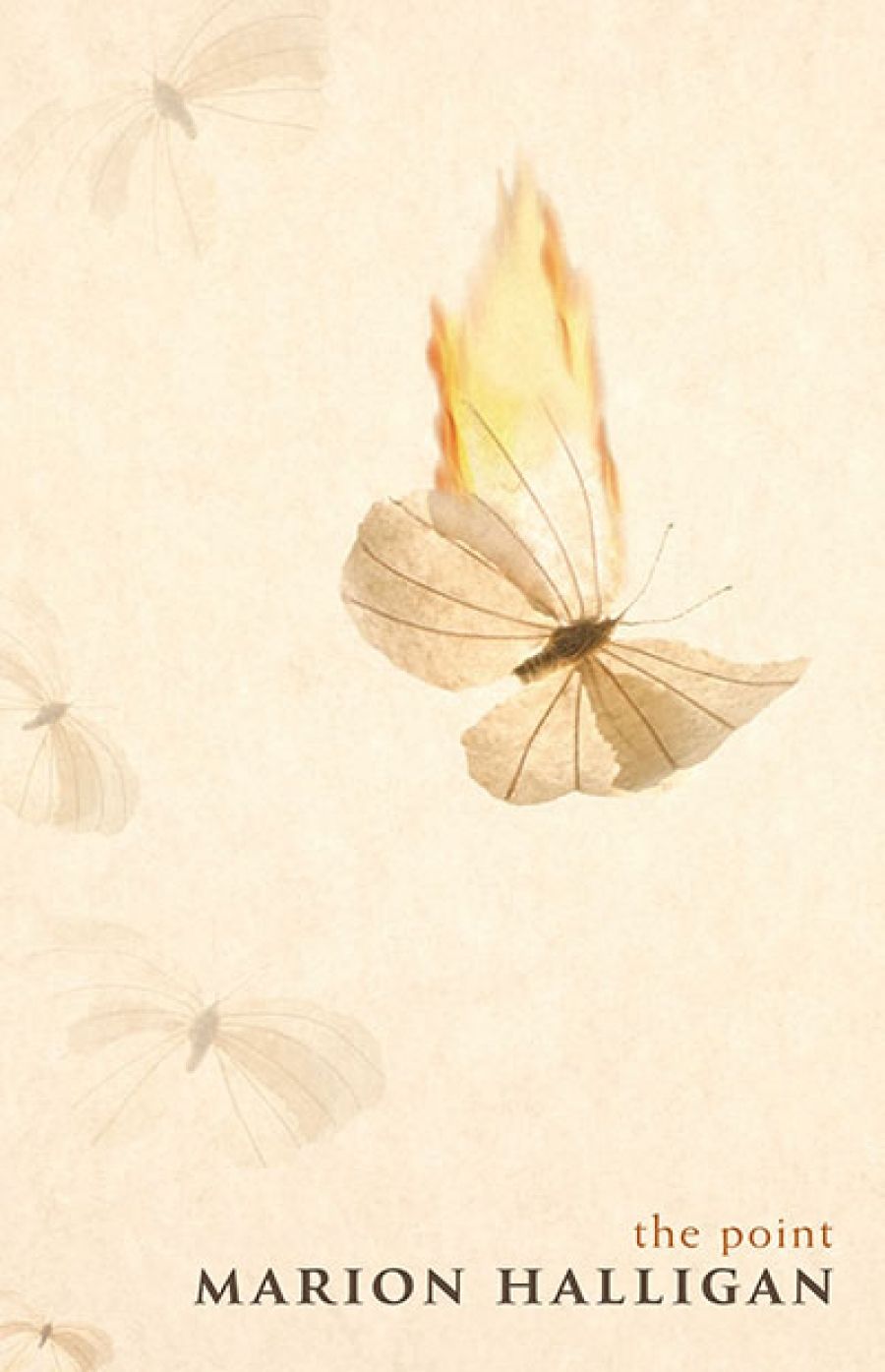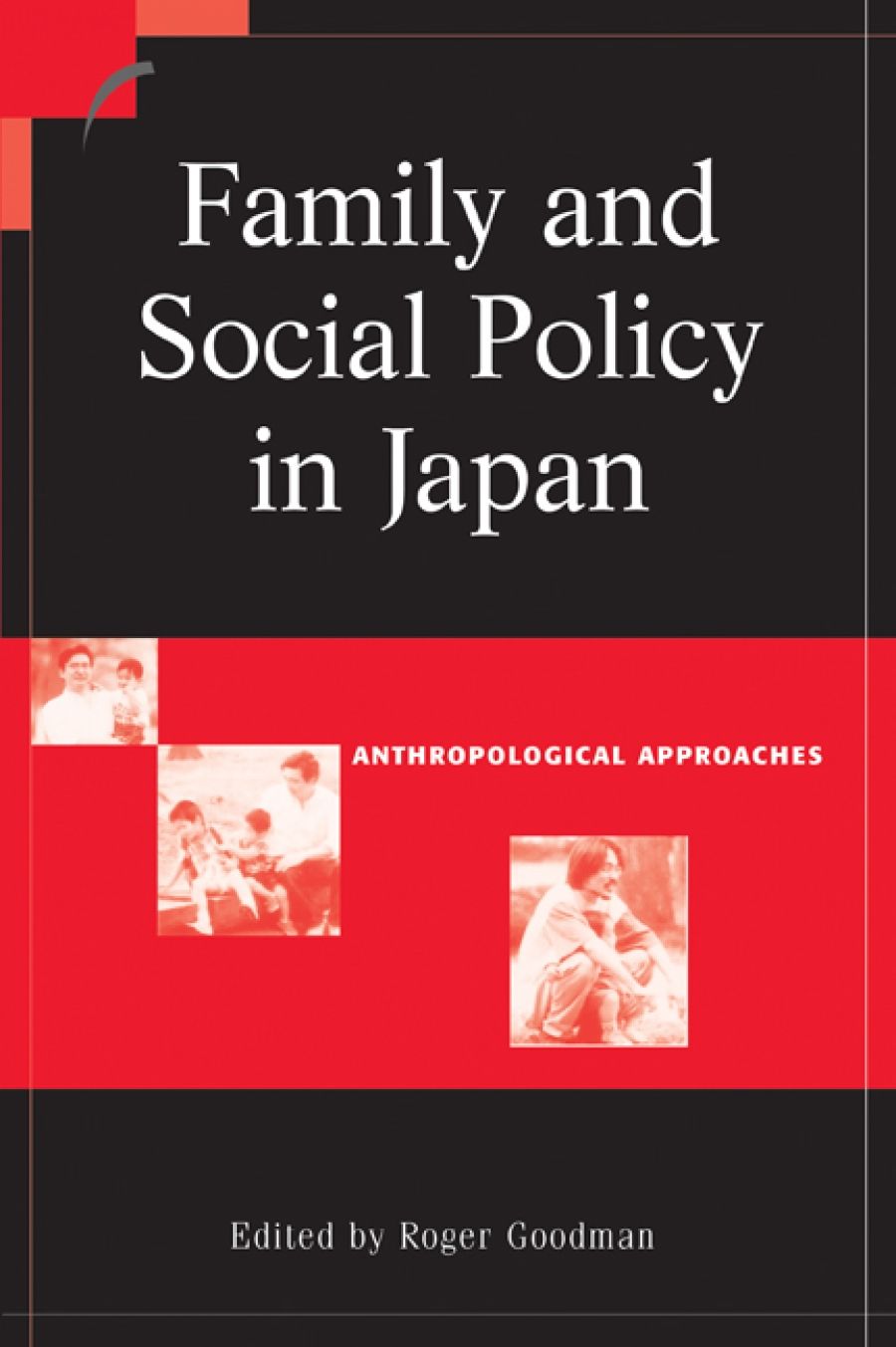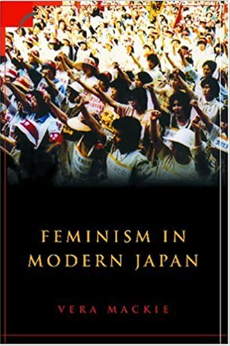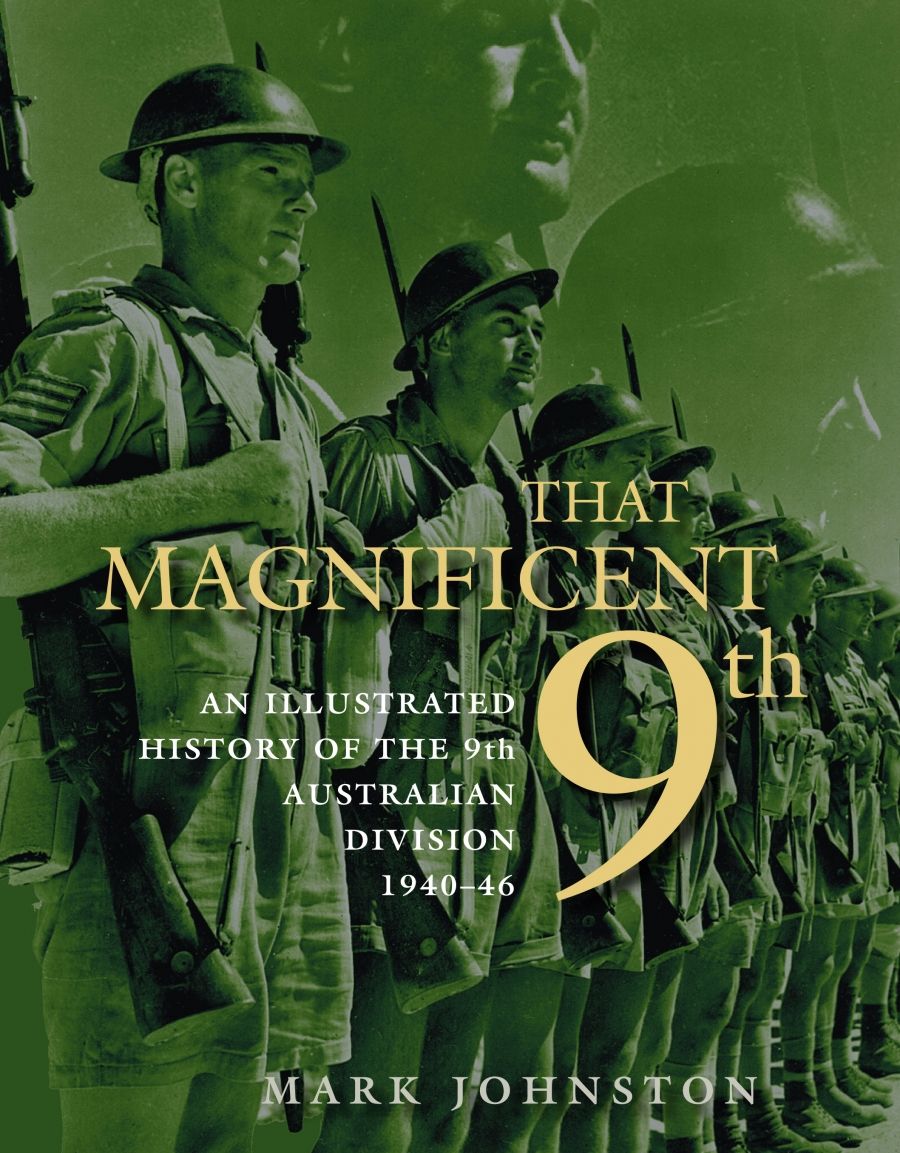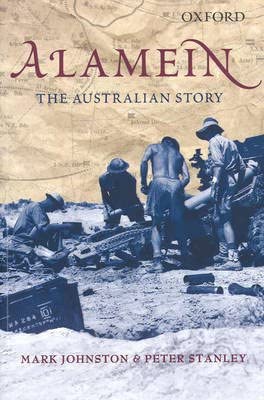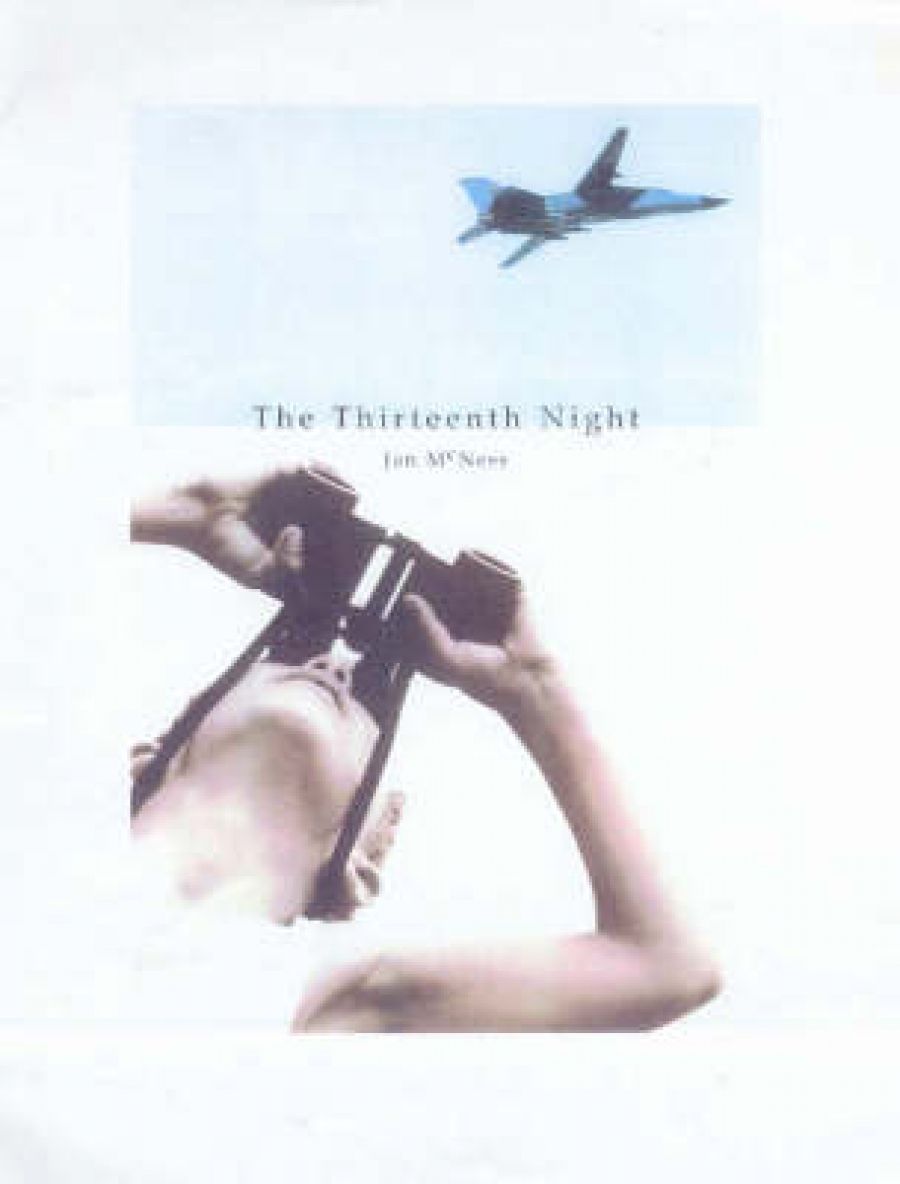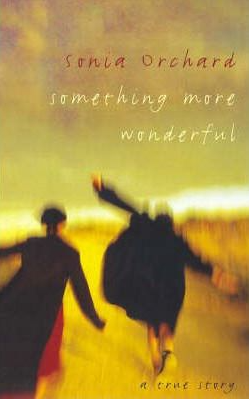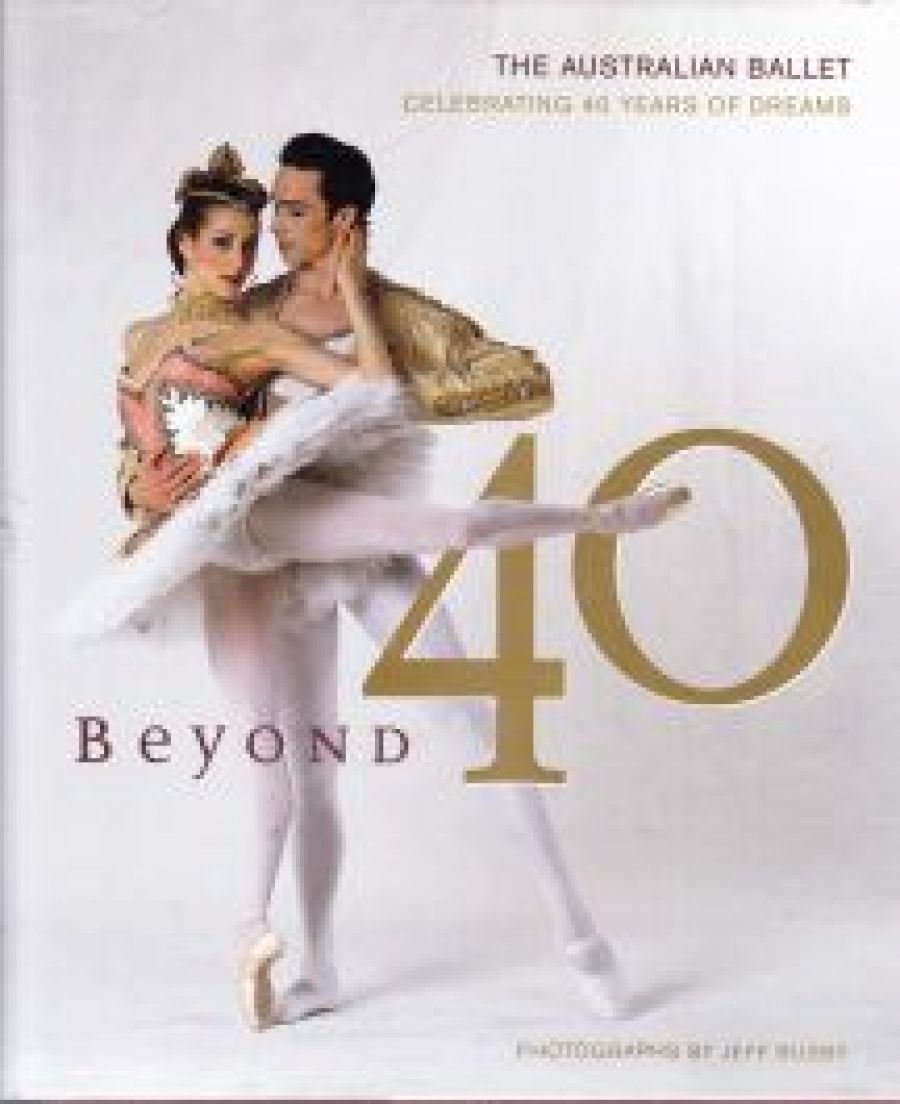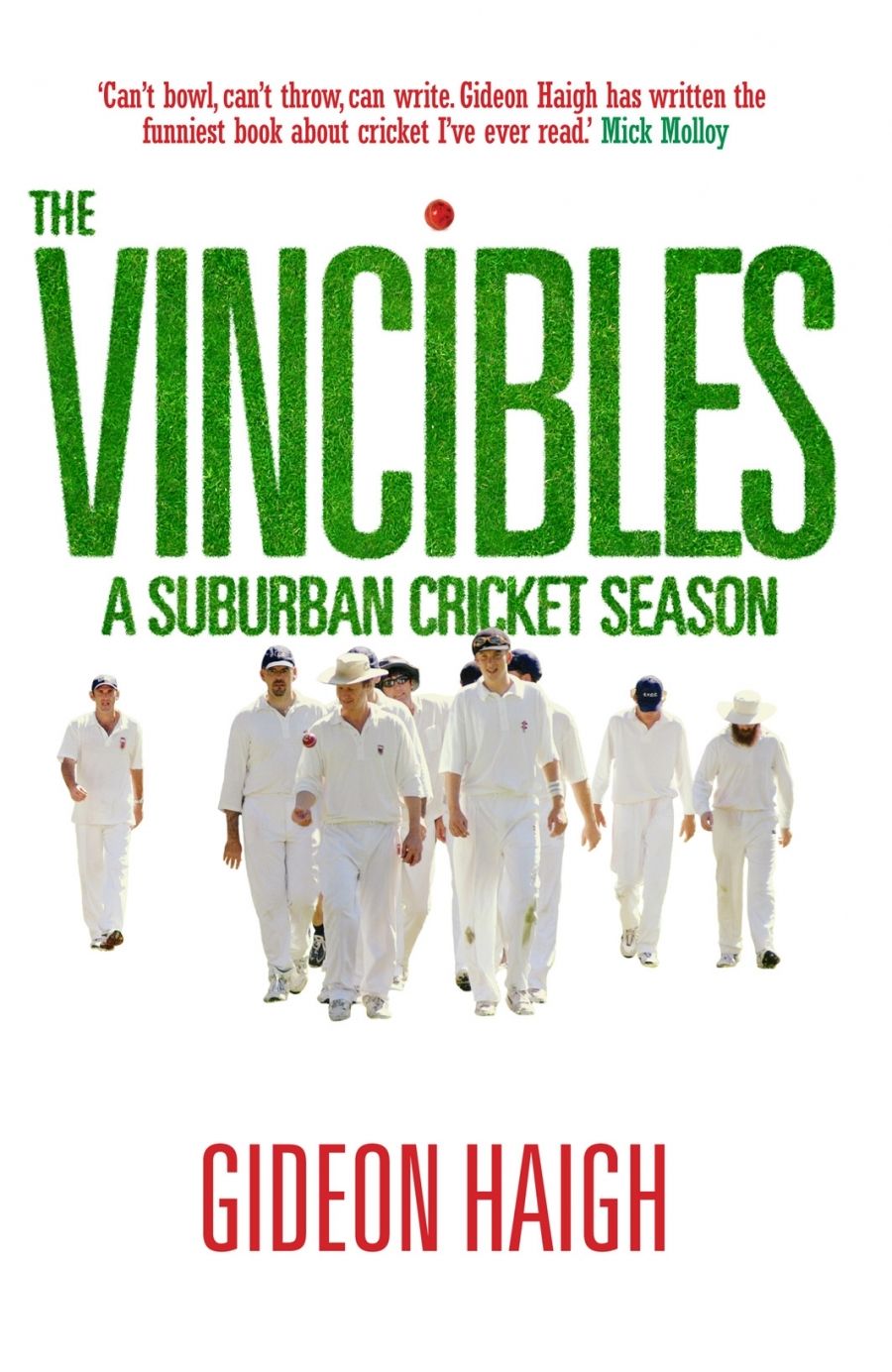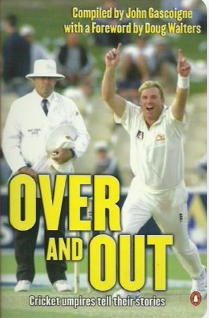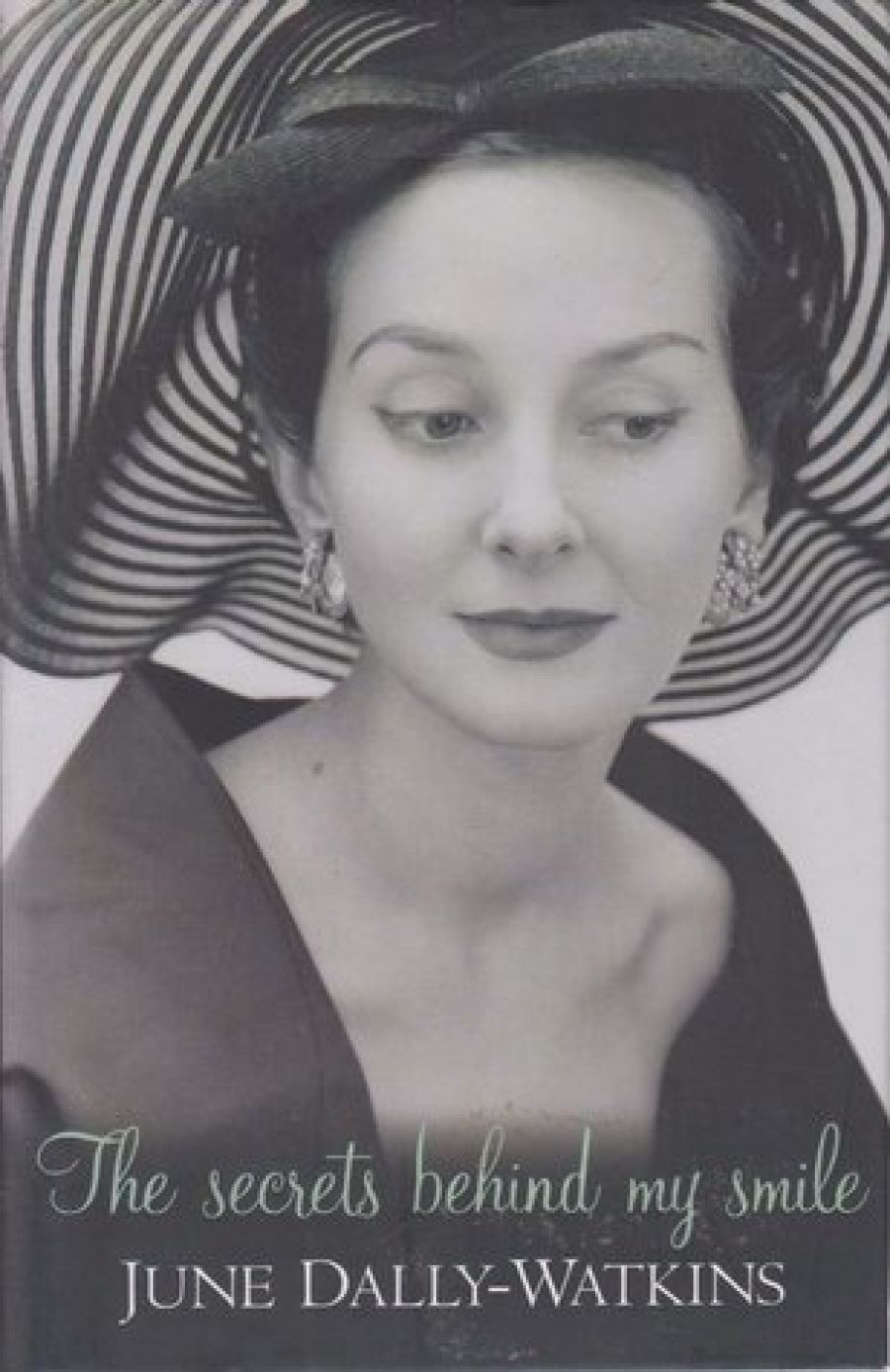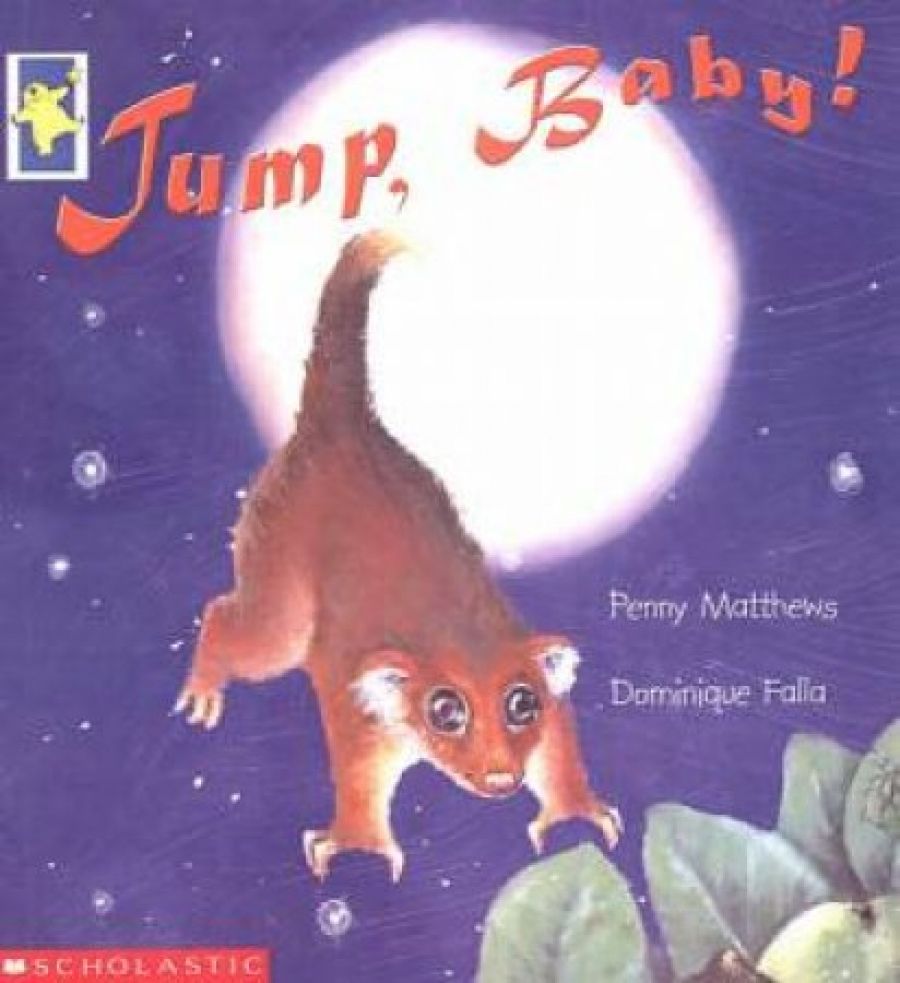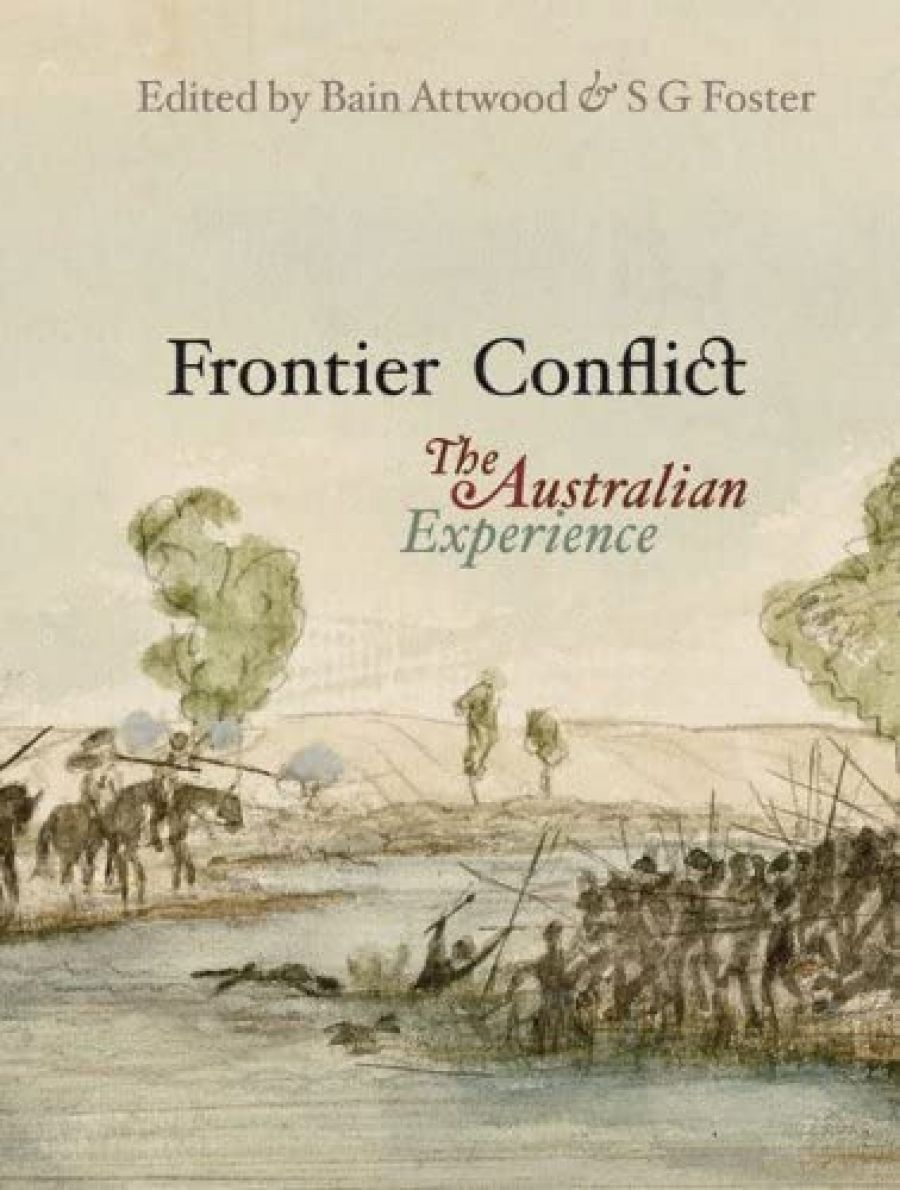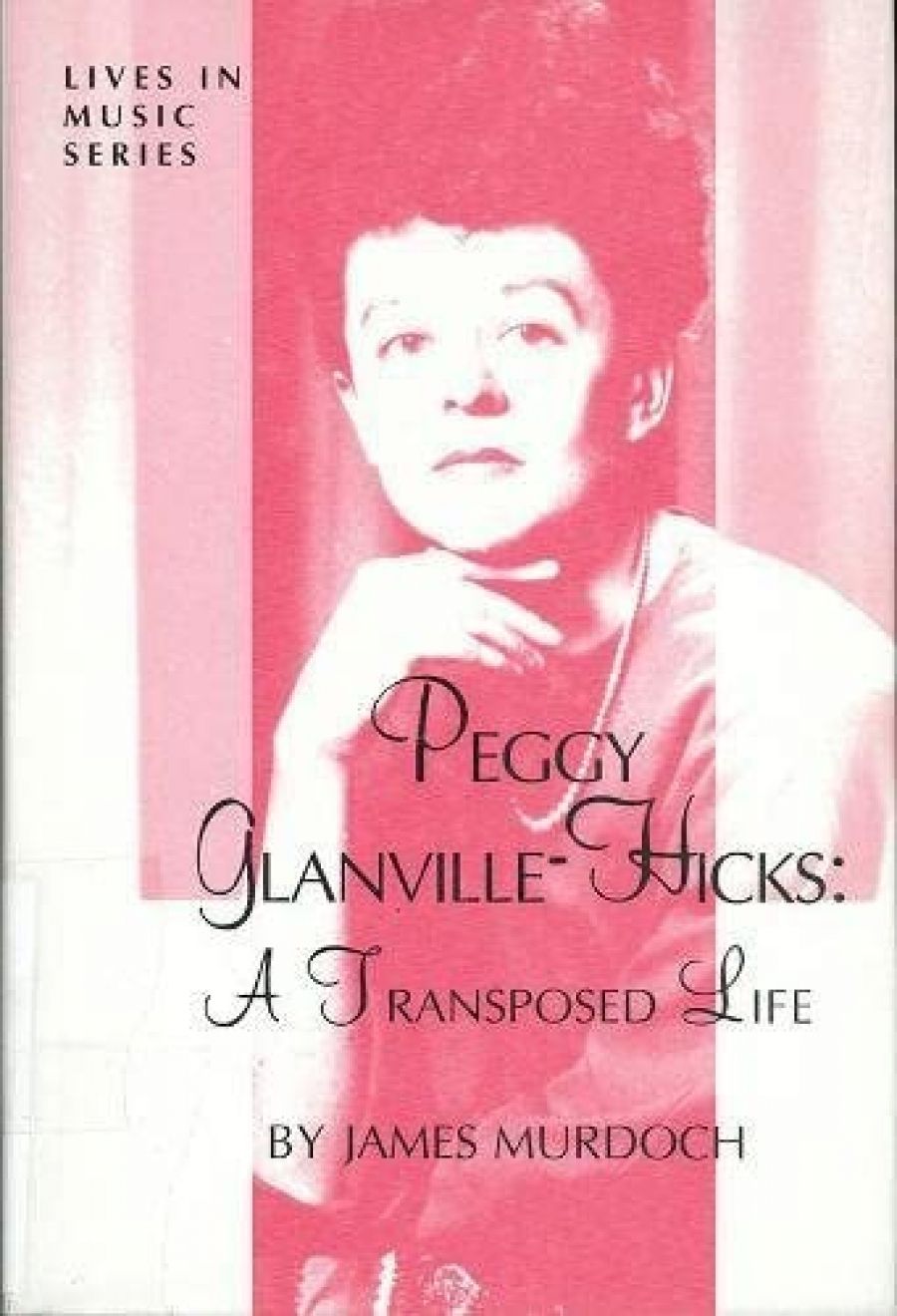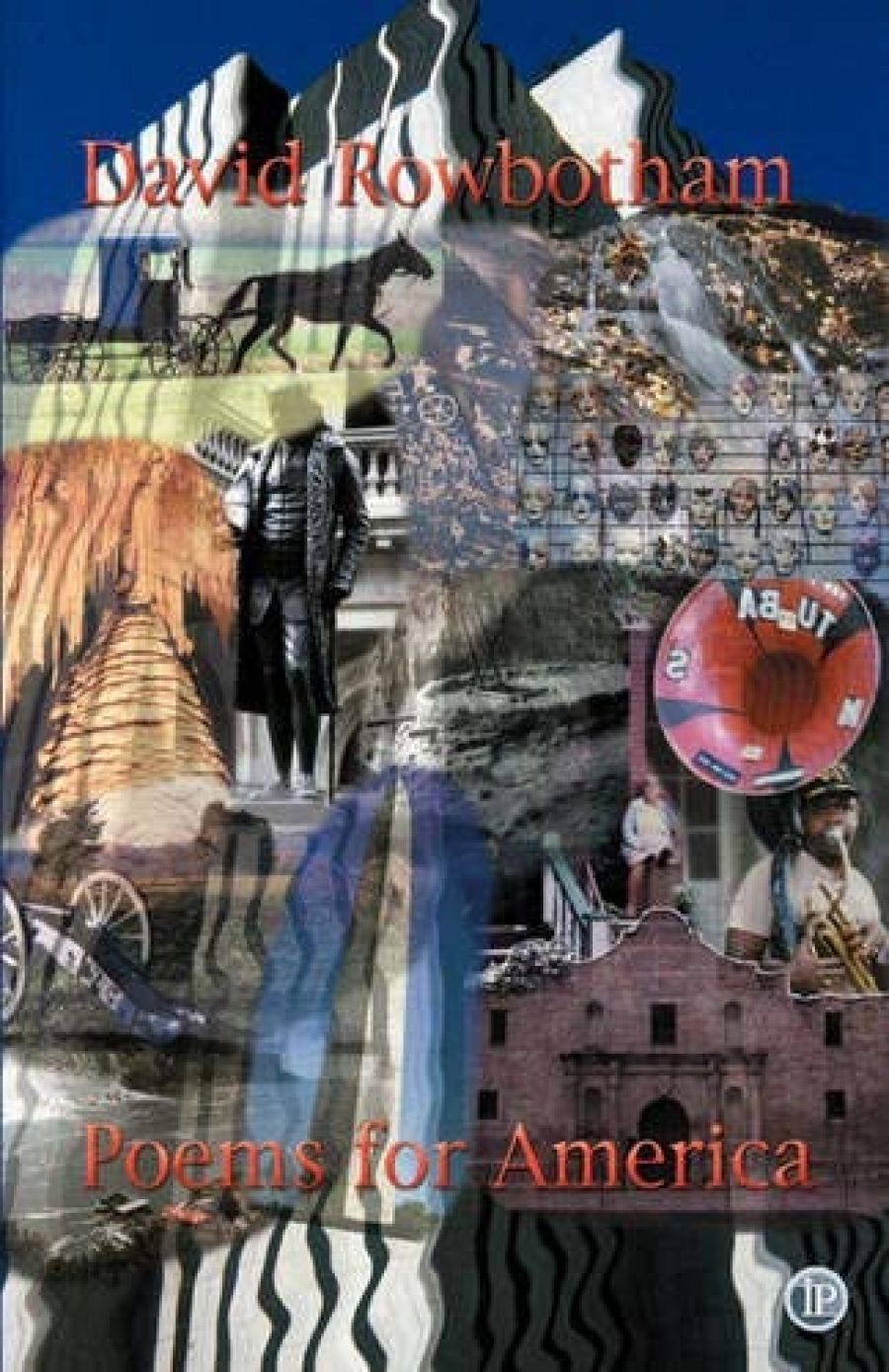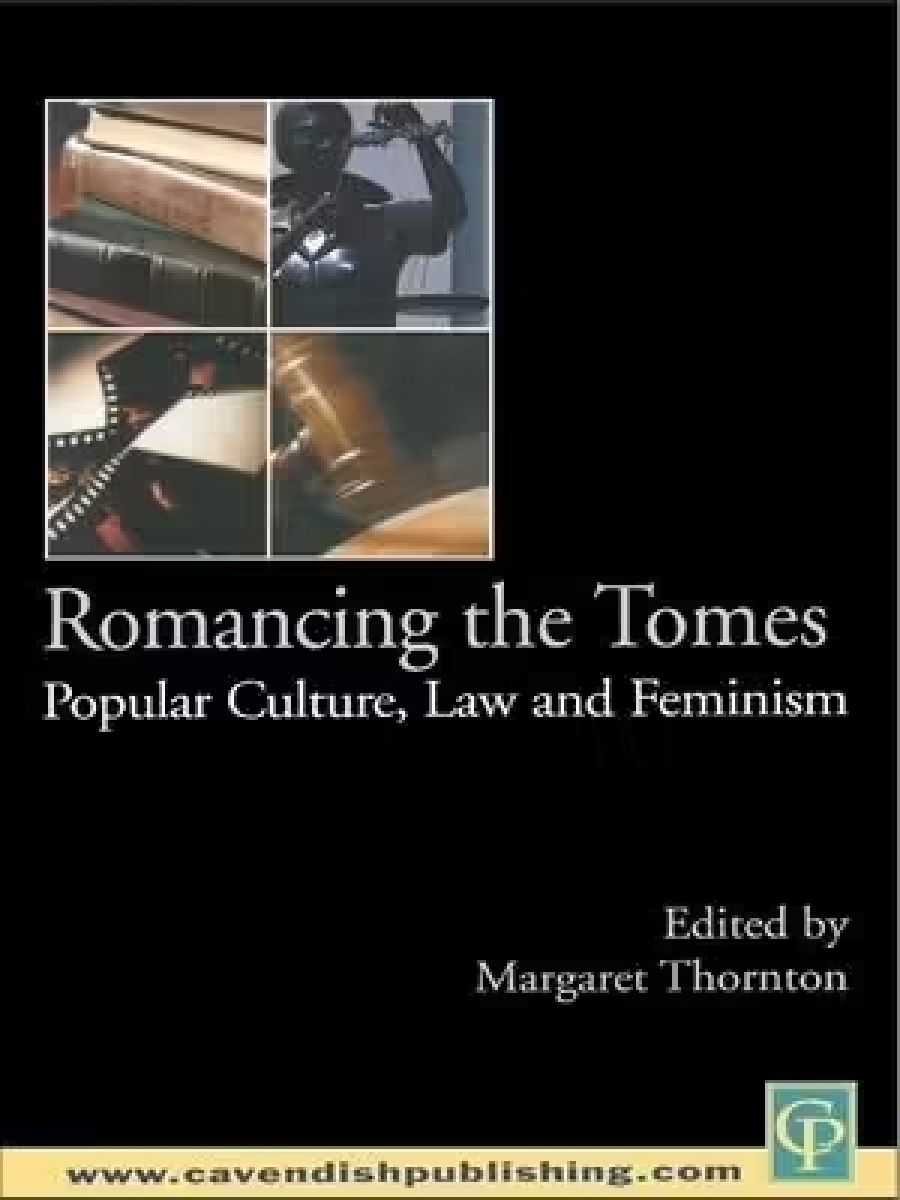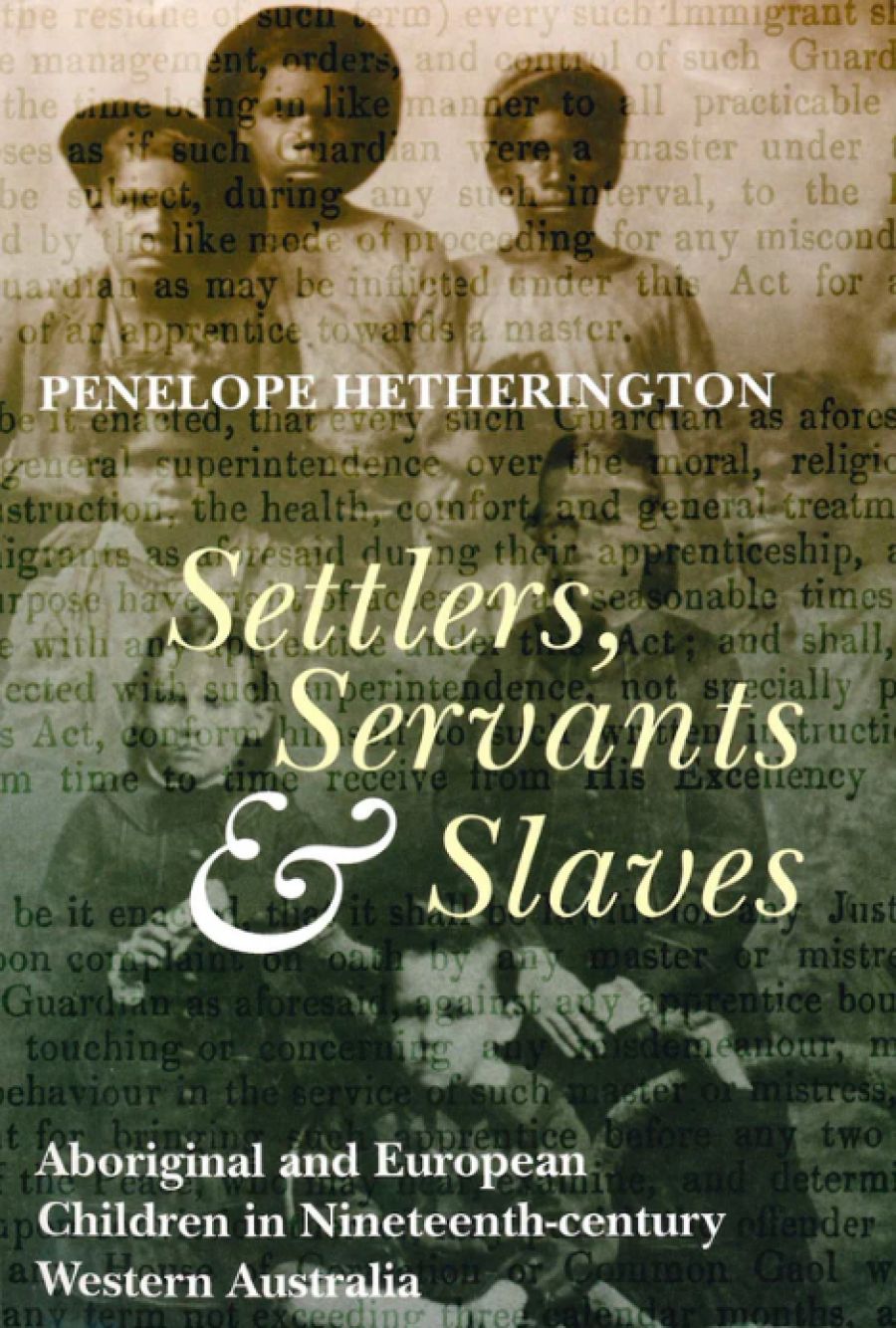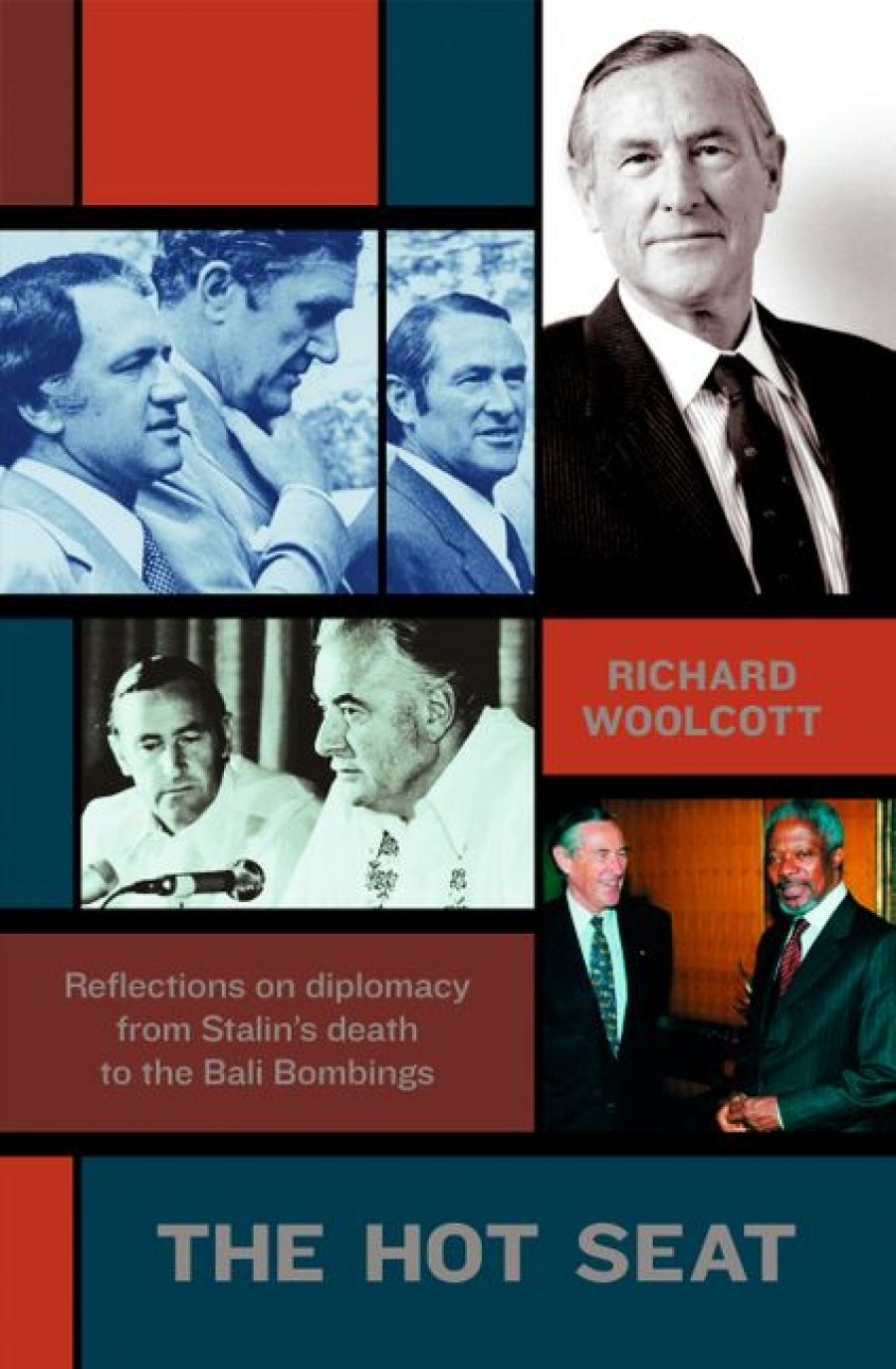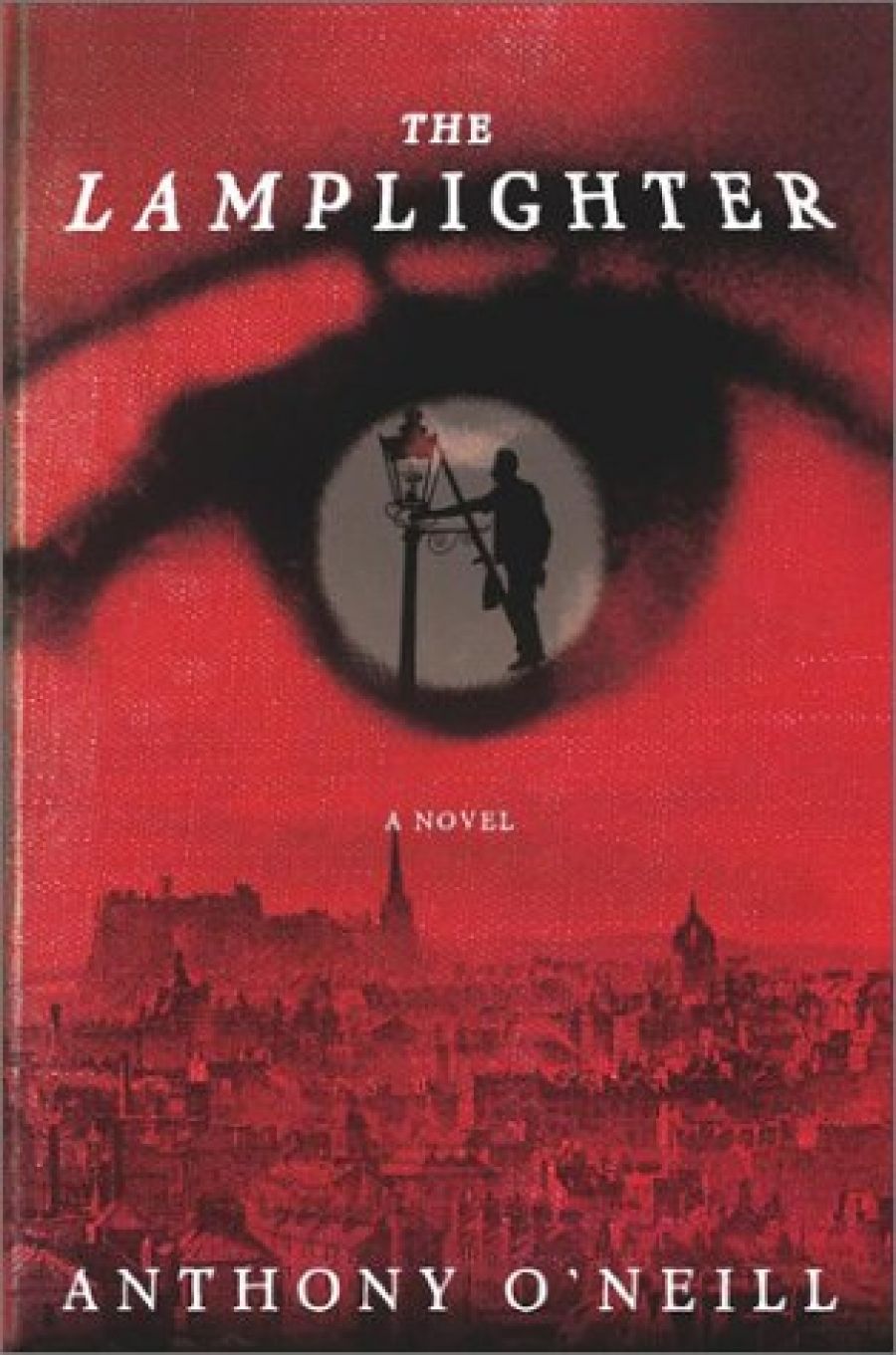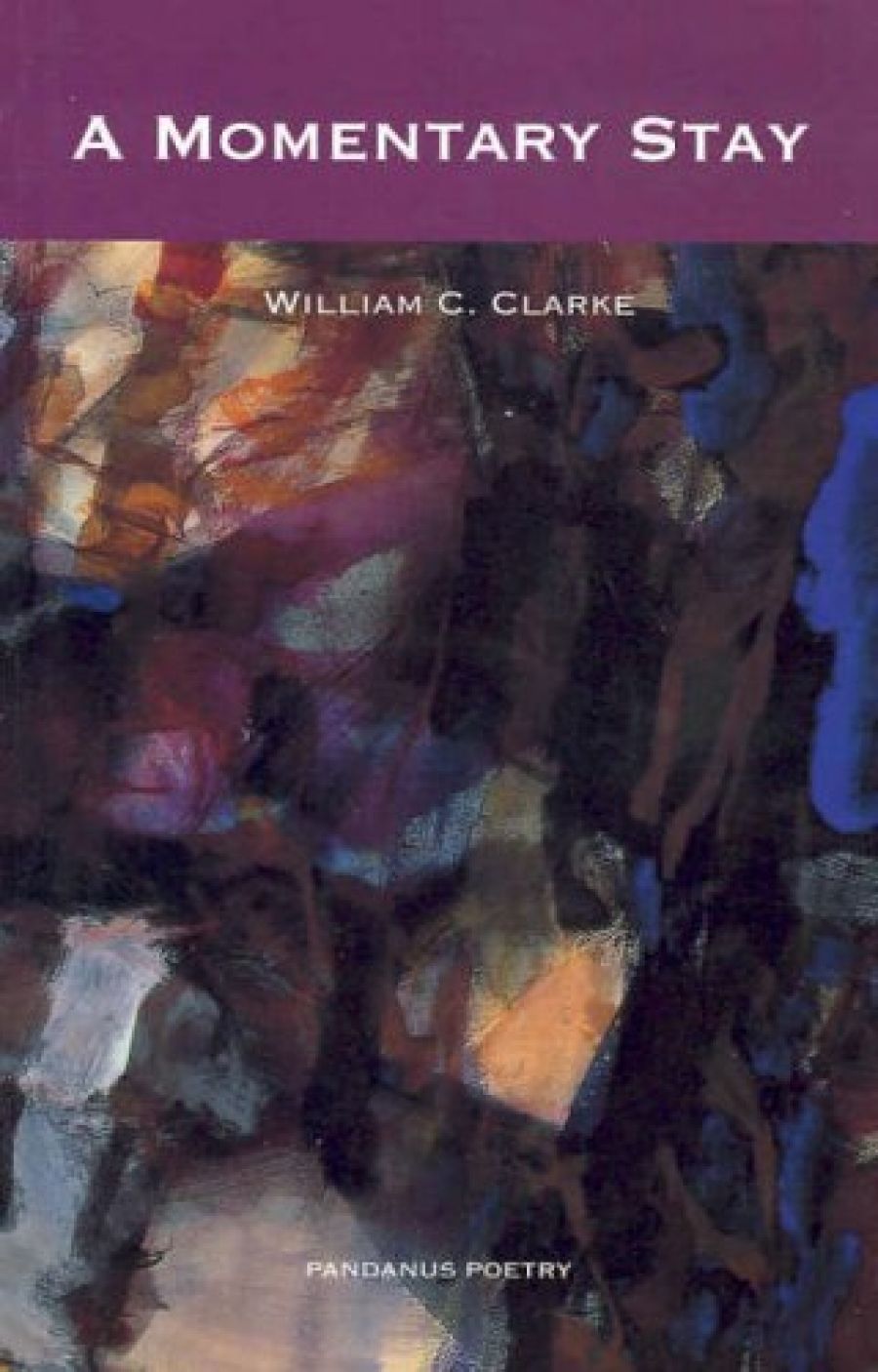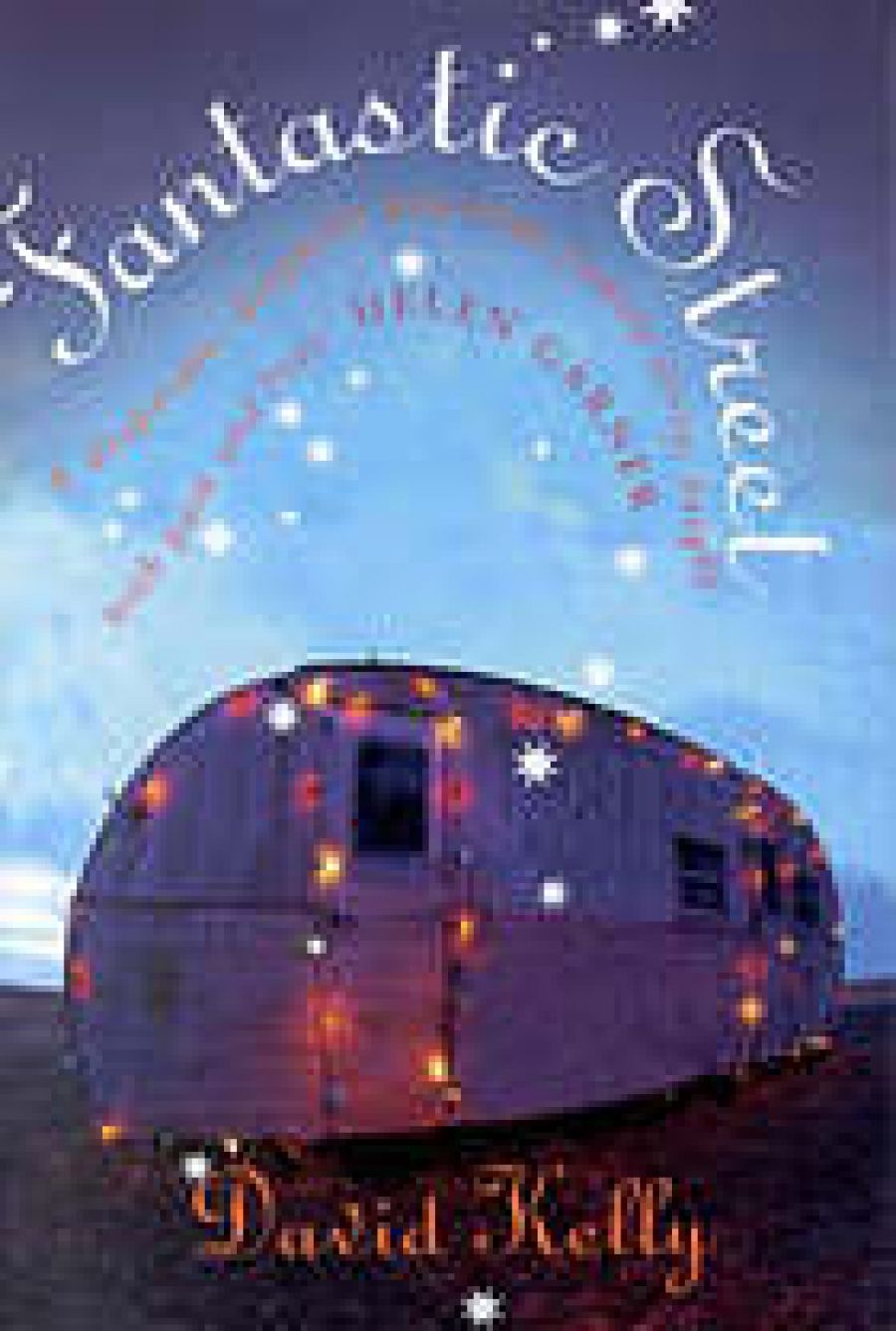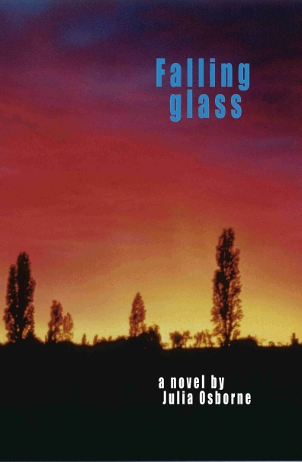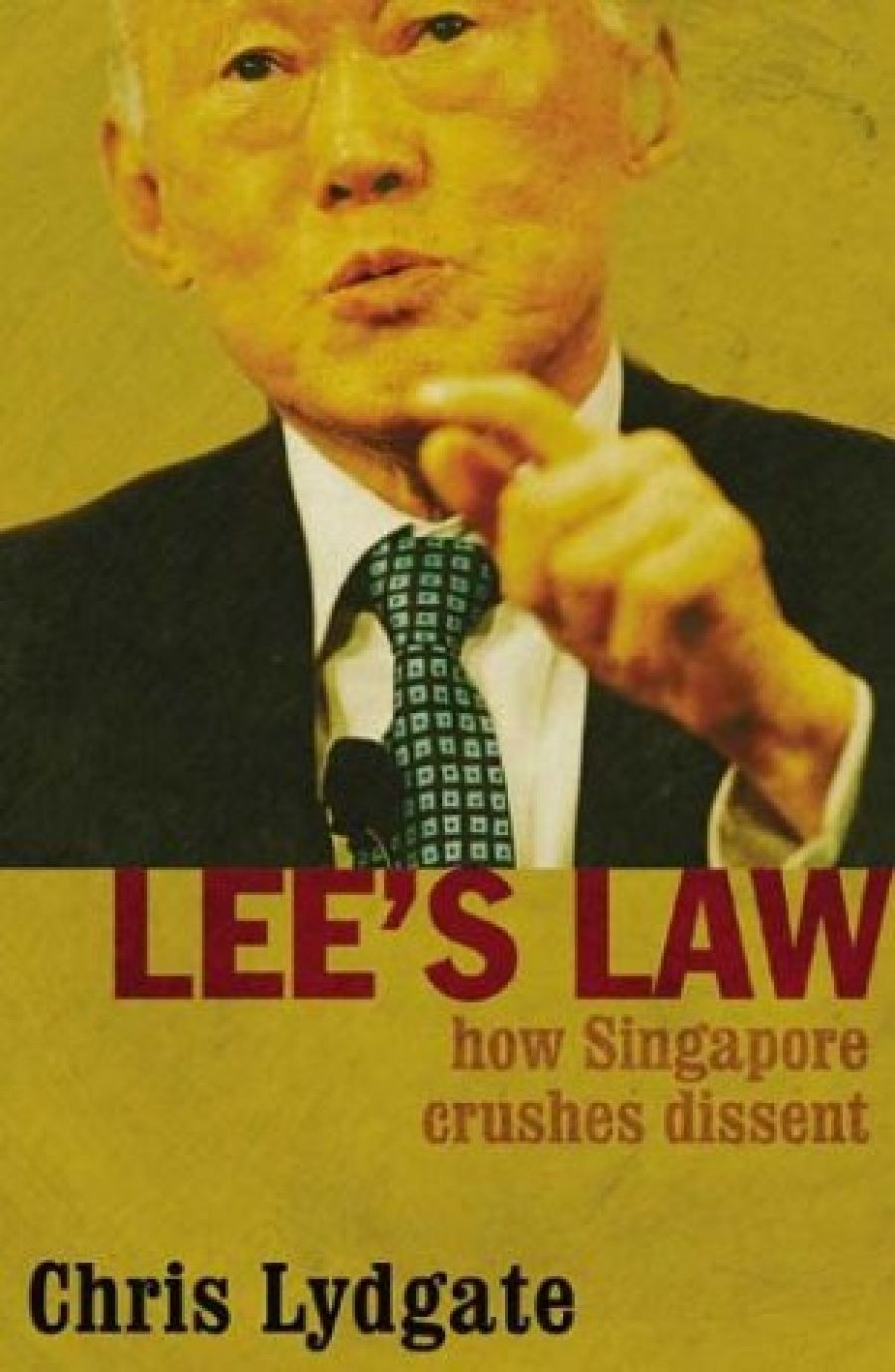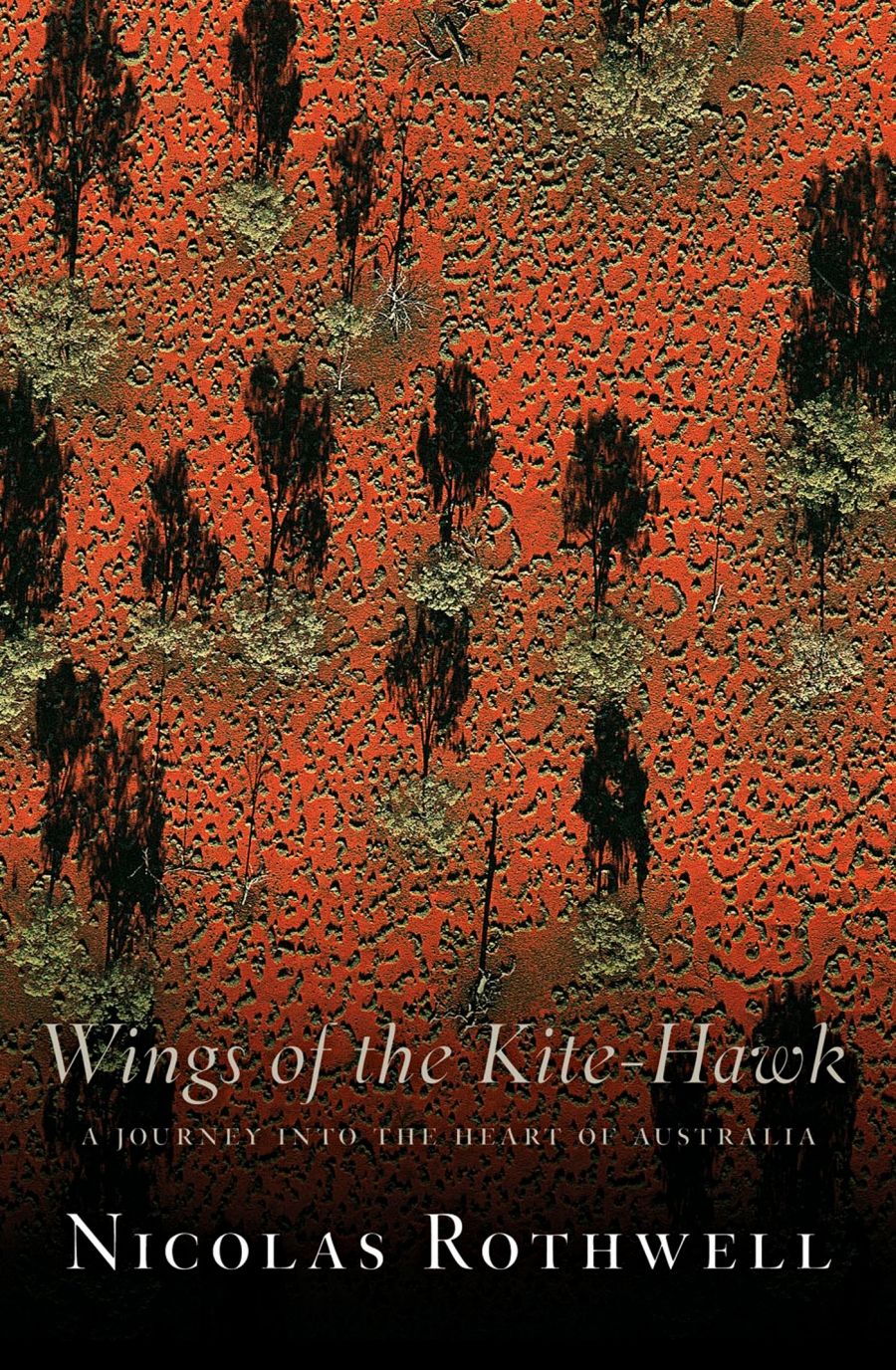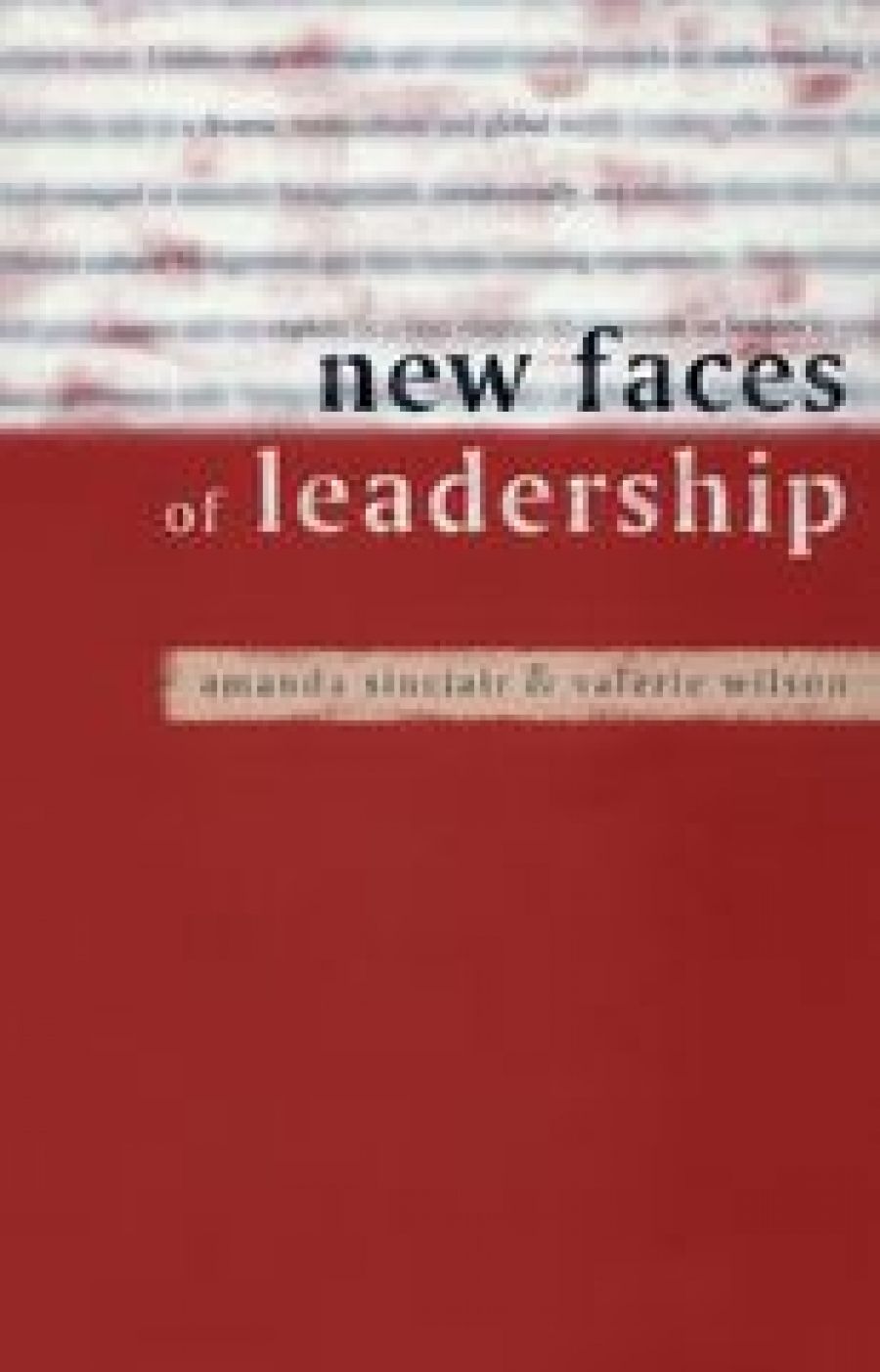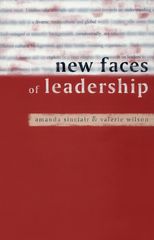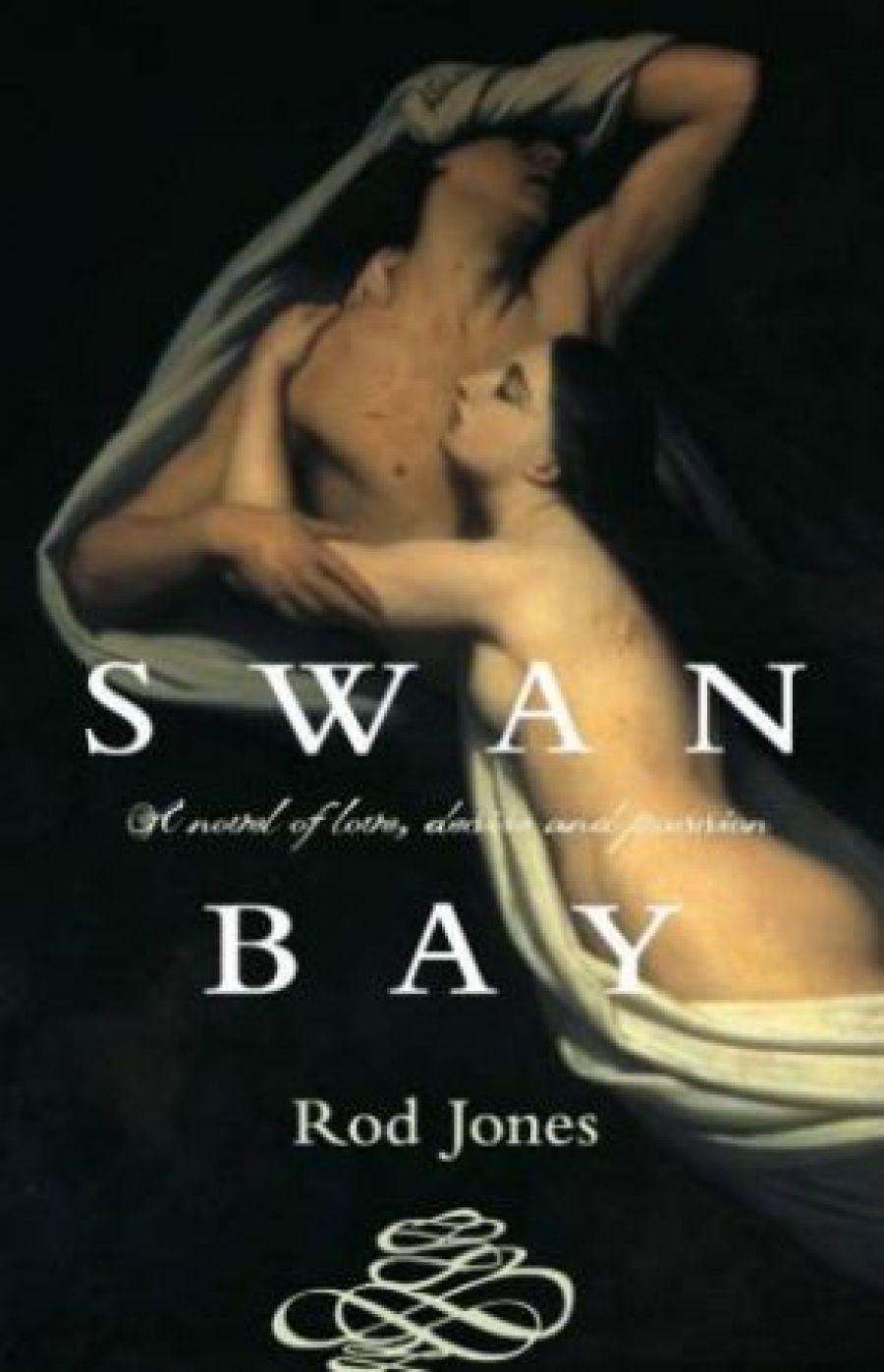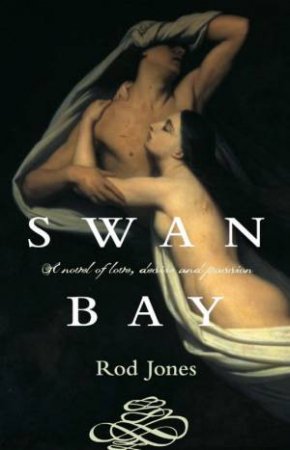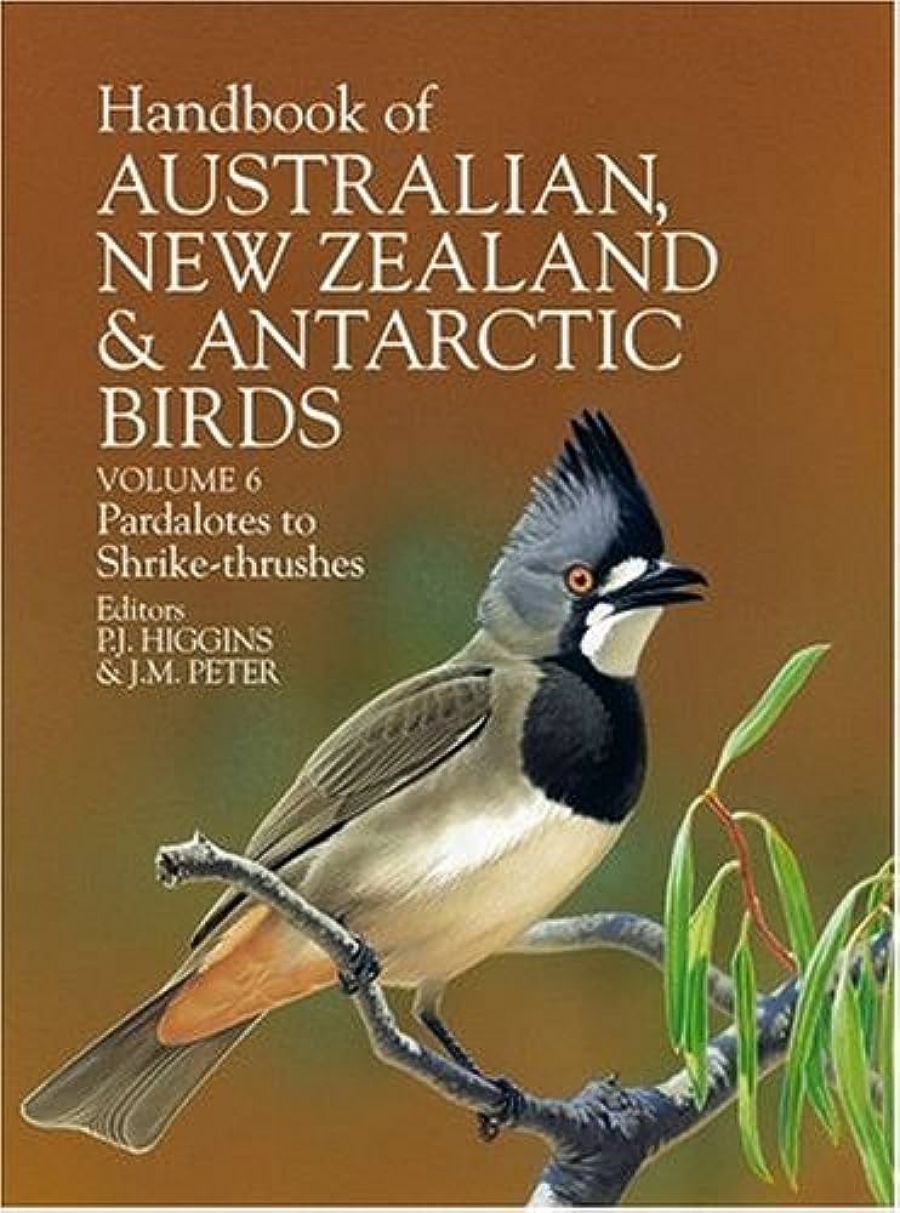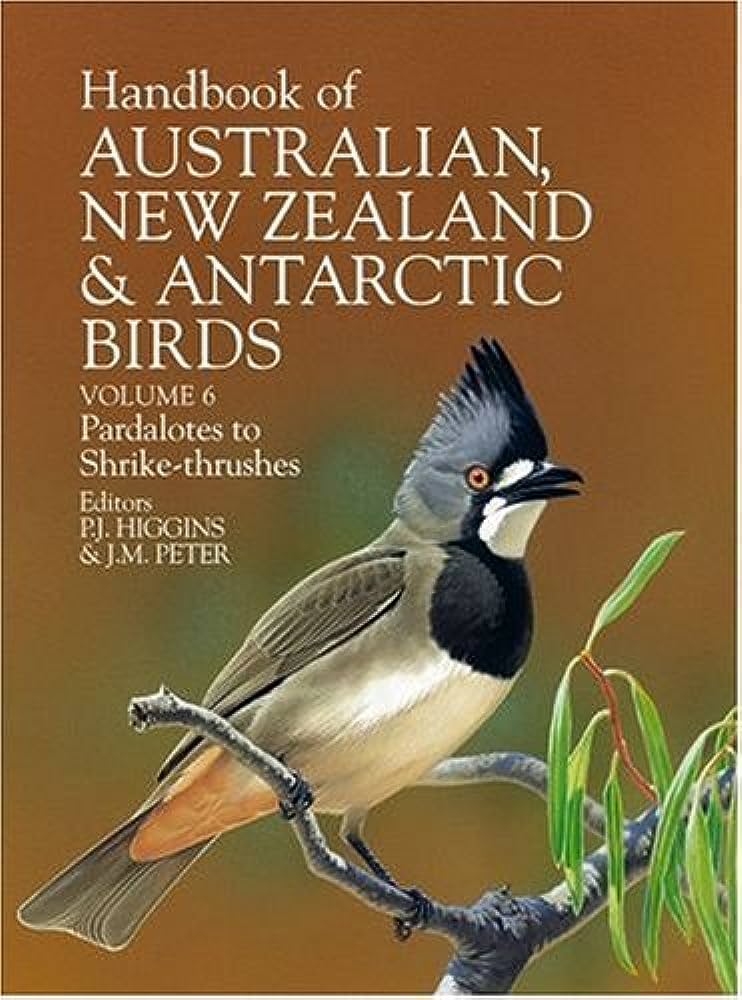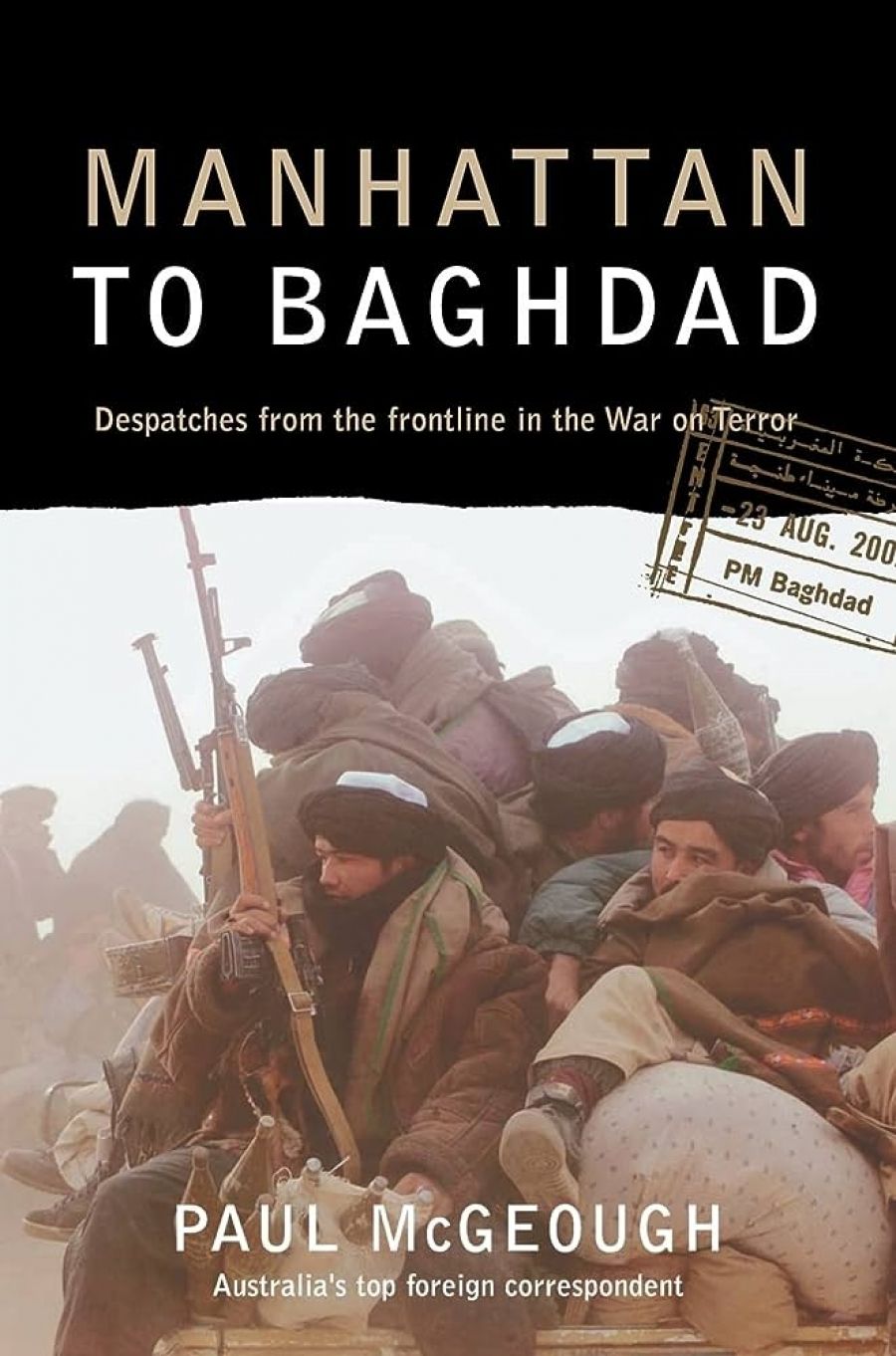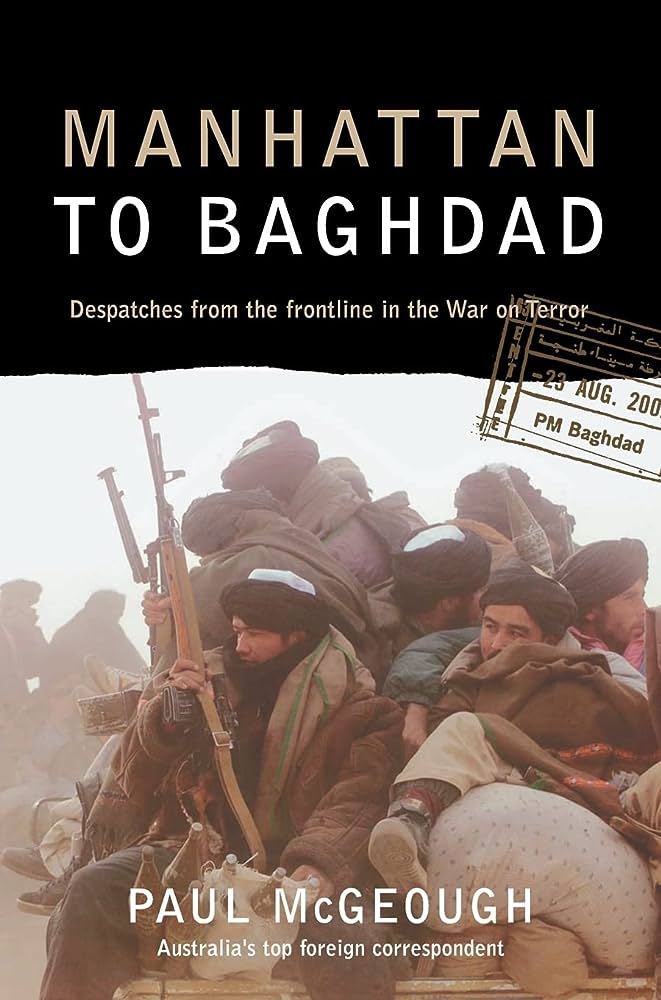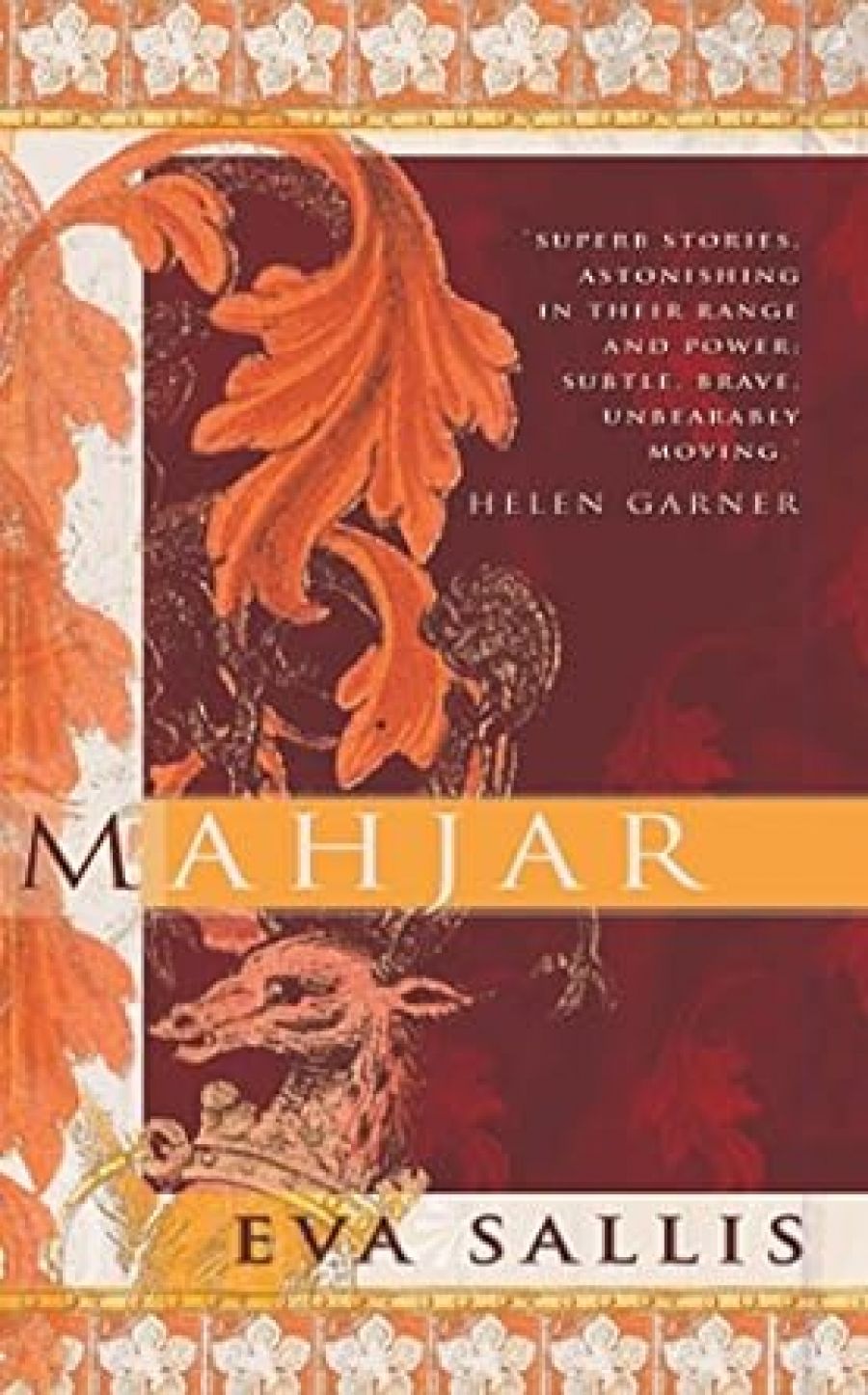250 and all that!
Welcome to the 250th issue of ABR – or, rather, to the 250th issue of the magazine in its present guise. Some readers may be unfamiliar with the first series, which appeared between 1961 and 1973. It came out of Adelaide under the editorship of Max Harris, Rosemary Wighton and, for a time, Geoffrey Dutton. Kerryn Goldsworthy – herself an Editor for two years in the mid-1980s – writes fascinatingly about those early ABRs in her article ‘The Oily Ratbag and the Recycled Waratah’ (page 23). Like Kerryn, we celebrate the original begetters of ABR, and everyone else who has made the magazine such a success since the present series began in 1978. Independent magazines have never been more vital than now, when a remarkable (even eerie) editorial consensus obtains in the major Australian newspapers. We look forward to bringing you more cogent, questioning writing in coming years, and we trust you enjoy the 250th issue.
First of the Forums
ABR’s highly successful season of ABR Forums is underway again. The next one will take place on Tuesday, April 15, at the usual venue: fortyfivedownstairs. Our partners on this occasion will once again be Readings in Carlton and the admirable Mietta Foundation. The topic is ‘The Dark Side of Economic Reform’. Michael Pusey and Clive Hamilton – authors of two major new books, The Experience of Middle Australia (CUP) and Growth Fetish (Allen & Unwin), respectively – will be in conversation with Robert Manne, the Chair of ABR. Full details appear on page 5, and bookings are essential. Meanwhile, we look forward to announcing similar events in Adelaide and regional Victoria in coming months.
April is the cruellest month
For writers and scholars seeking funding, April is an important month. The National Library of Australia is calling for applications for the 2004 Harold White Fellowships, while the State Library of Victoria has inaugurated eight Creative Fellowships to explore the SLV’s collections. The deadline for both awards is 30 April. For details on the Harold White Fellowships, contact Graeme Powell at the NLA on (02) 6262 1258, or visit www.nla.gov.au/collect/fellows.htm; and, for the SLV’s Creative Fellowships, call Dianne Reilly on (03) 8664 7182 or e-mail: This email address is being protected from spambots. You need JavaScript enabled to view it..
Lunch with a Freedom Rider
On 16 April, at 1 pm, the ACT Writers’ Centre is holding a Literary Lunch with Ann Curthoys, who participated in the 1960s Freedom Rides and is now Manning Clark Professor of History at ANU. To book, call (02) 6262 9191 or e-mail: This email address is being protected from spambots. You need JavaScript enabled to view it..
Broken Song
At the State Library of NSW on 28 April, at 12.30 p.m., Barry Hill will discuss his book Broken Song: T.G.H. Strehlow and Aboriginal Possession. Contact the library on (02) 9273 1516 for further details and bookings.
Poets and platters
Poetry and wine seem to go together, and not just in Canberra. On 22–23 April, at 7 pm, South Australian poets including Geoff Goodfellow, Rory Harris and Nan Witcombe will read from their work as part of the Barossa Vintage Festival. The cost ($30) includes supper and, yes, a glass of wine. To book contact Nicole Bitter on (08) 8563 2595, or e-mail: This email address is being protected from spambots. You need JavaScript enabled to view it..
Shifting the Centre
The nachos around the Nicholas Building in Swanston Street, Melbourne, must be delectable: everyone is moving there. Two months ago, ‘Advances’ reported that Collected Works had relocated to the first floor of the Nicholas Building. Now that excellent little bookshop has a new neighbour: the Victorian Writers’ Centre. Who’ll be next? The shift hasn’t diminished the Centre’s events programme. One coming highlight is ‘A Writers’ Weekend in Daylesford: The Art of Storytelling’, with Arnold Zable. This will take place on 10–11 May. To book, call the VWC’s new number, (03) 9654 9068, or e-mail: This email address is being protected from spambots. You need JavaScript enabled to view it..
ABR Rules OK!
One of our readers has drawn our attention to a series of graffiti that has appeared around Melbourne. This one appeared in St Kilda. ‘Advances’ neither knows how it got there nor endorses the method, but it applauds the sentiment.
Salty quarterly
Any new poetry magazine deserves a boost from us, and Saltlick Quarterly, whose first issue (‘Autumn 2003’) has just been published, looks good. Poets include Jennifer Harrison, Alex Skovron, Kris Hemensley, Jill Jones, Judith Beveridge, and Anthony Lawrence. The Editors – Clint Greagen, Luis Gonzalez, and Paul Croucher – describe the new magazine as one in which ‘first-class, unpublished poetry is given space to speak for itself without being contextualised by literary politics, cheap manifestos etc’. A one-year subscription costs $42. Enquiries to 104 Rennie Street, Coburg, Vic. 3058 or e-mail: This email address is being protected from spambots. You need JavaScript enabled to view it..


